Modern small garden design also embraces the concept of outdoor rooms, creating distinct zones for relaxation, dining, and growing within minimal square footage. Smart storage solutions, integrated lighting, and water features add luxury touches that make these compact spaces feel larger and more inviting than their actual dimensions suggest.
1. Living Wall Vertical Garden
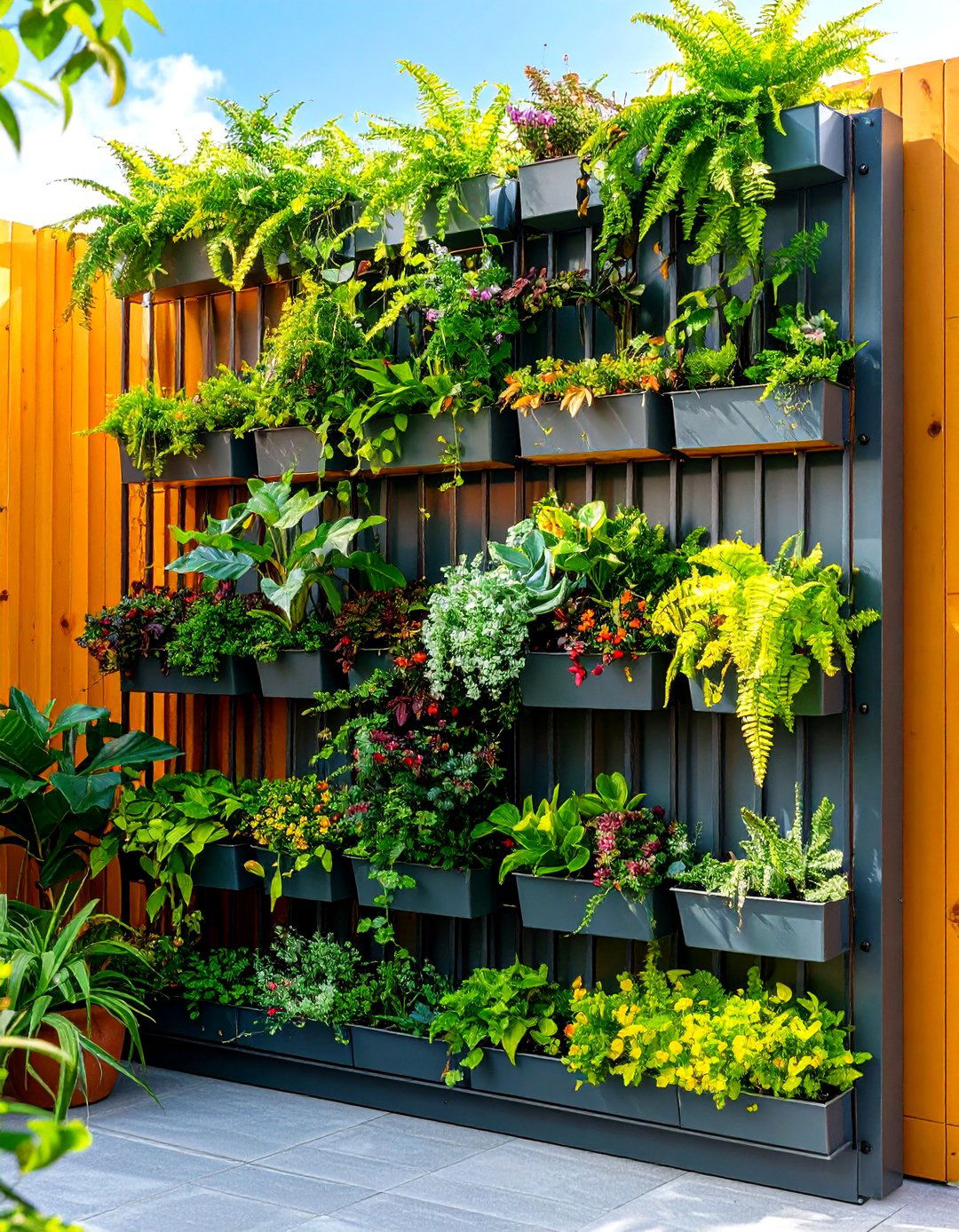
Does your small space lack ground area for traditional planting beds? Transform bare walls into thriving green showcases with modern living wall systems that maximize growing potential in minimal square footage. These contemporary vertical gardens utilize hydroponic systems or modular planting pockets to create stunning displays of cascading foliage, colorful blooms, and even edible herbs. The sleek metal framework supports diverse plant combinations including ferns, succulents, and trailing varieties that soften hard architectural lines. Built-in irrigation systems ensure consistent moisture while LED grow lights extend growing possibilities to shaded areas. This space-efficient solution provides year-round greenery while improving air quality and creating natural privacy screens.
2. Raised Corten Steel Beds
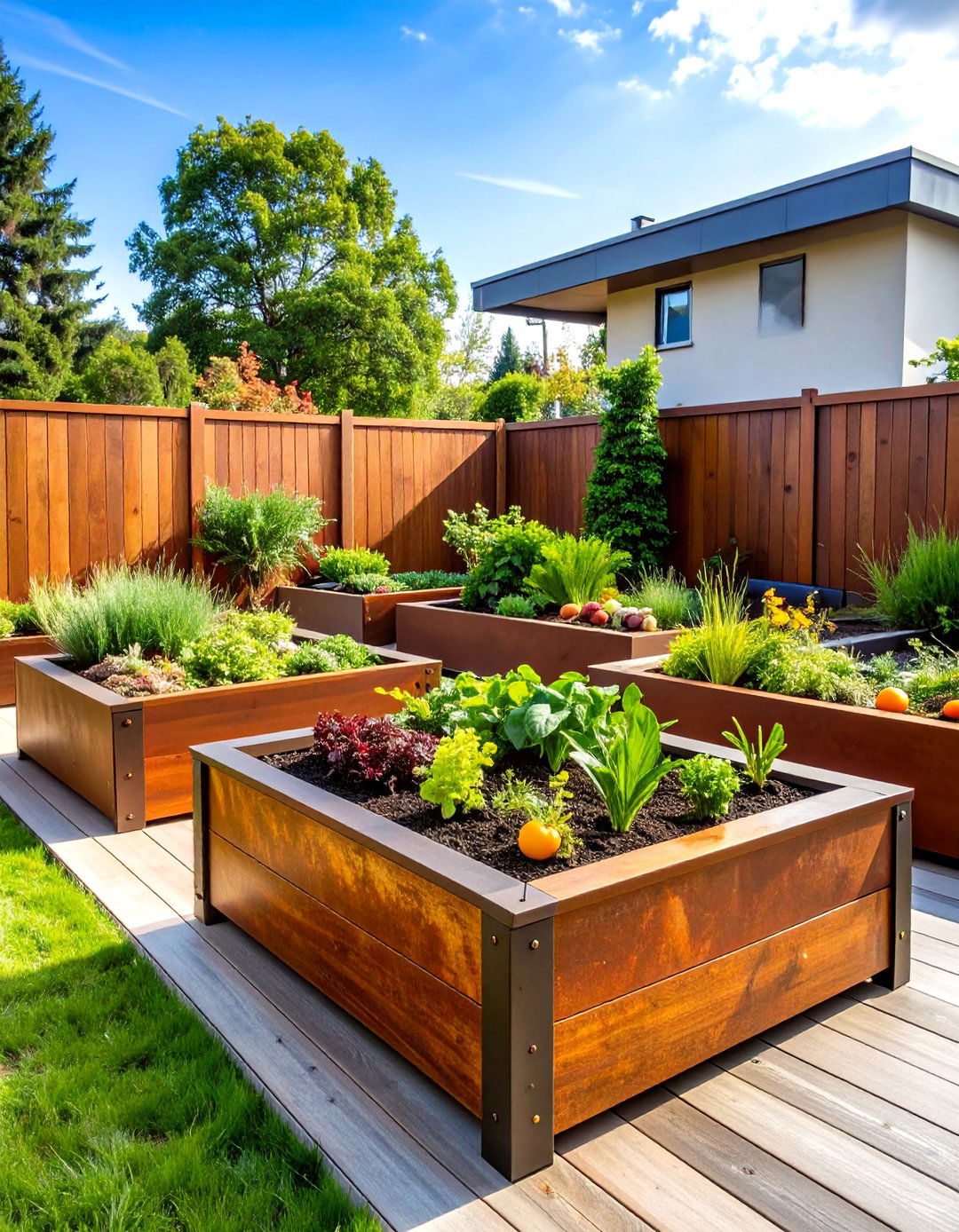
What makes modern raised bed design so striking compared to traditional wooden planters? Weathering steel raised beds offer an industrial aesthetic that perfectly complements contemporary architecture while providing superior durability and functionality. The distinctive rust-colored patina develops naturally over time, creating visual warmth against concrete patios and modern decking. These elevated planters improve drainage, soil quality, and accessibility while their narrow profiles maximize growing space within compact footprints. Strategic placement creates geometric patterns and defines garden rooms within small yards. The thermal properties of steel warm soil faster in spring, extending growing seasons for vegetables and herbs while maintaining clean, minimalist lines year-round.
3. Container Cluster Patio Garden
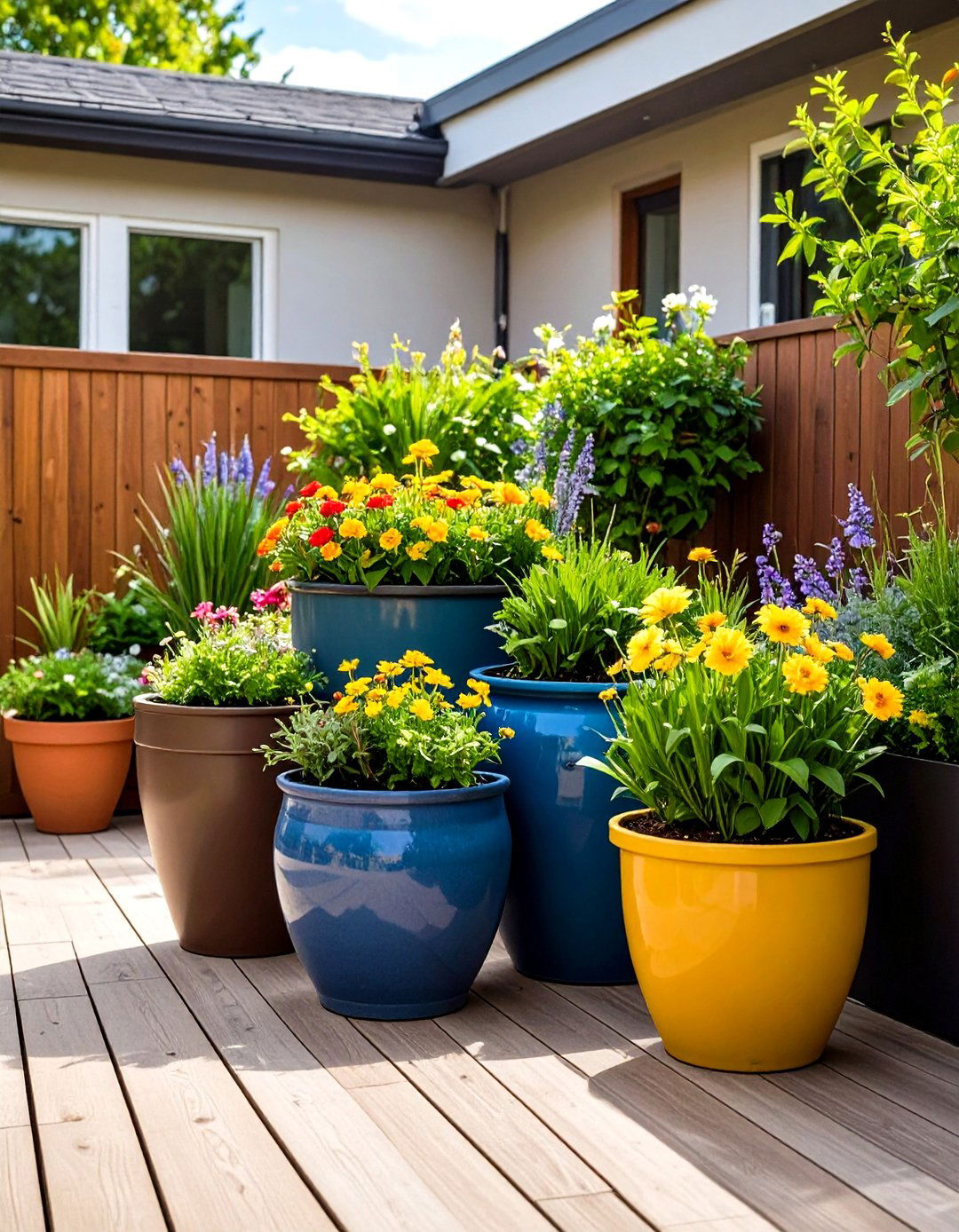
How can multiple containers create cohesive design impact without appearing cluttered in small spaces? Grouping large-scale containers in strategic clusters transforms patios into lush garden environments while maintaining mobility and flexibility. Modern ceramic, fiberglass, and metal planters in coordinating colors and finishes create visual unity when arranged at varying heights using upturned pots or decorative risers. This arrangement accommodates seasonal plant rotations, allows for optimal sun exposure adjustments, and provides opportunities to showcase specimen plants as living sculptures. The key lies in selecting containers with similar design elements but different sizes, creating dynamic compositions that draw the eye upward and make spaces feel larger.
4. Modern Japanese Zen Courtyard
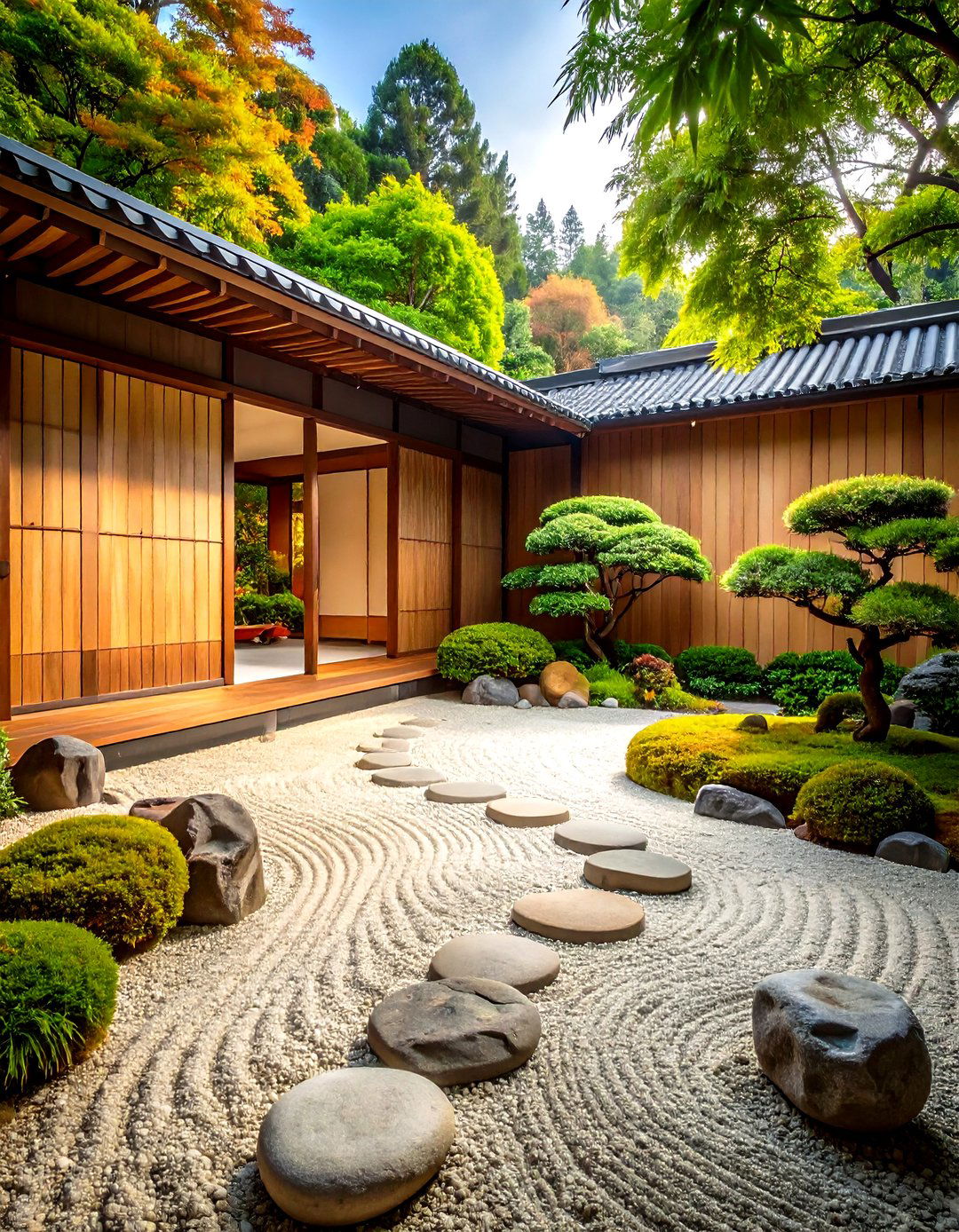
Can minimalist design principles create maximum tranquility in the smallest garden spaces? Contemporary Japanese-inspired courtyards emphasize restraint, balance, and natural materials to achieve profound serenity within compact dimensions. Gravel or decomposed granite surfaces contrast with precisely placed architectural stones, creating meditation-worthy spaces that require minimal maintenance. A single specimen tree, perhaps a Japanese maple or ornamental grass, serves as the focal point while subtle water features add soothing sounds. Bamboo screening provides privacy while maintaining the clean aesthetic, and integrated lighting extends enjoyment into evening hours. This design philosophy proves that less truly becomes more when executed thoughtfully.
5. Edible Landscape Kitchen Garden
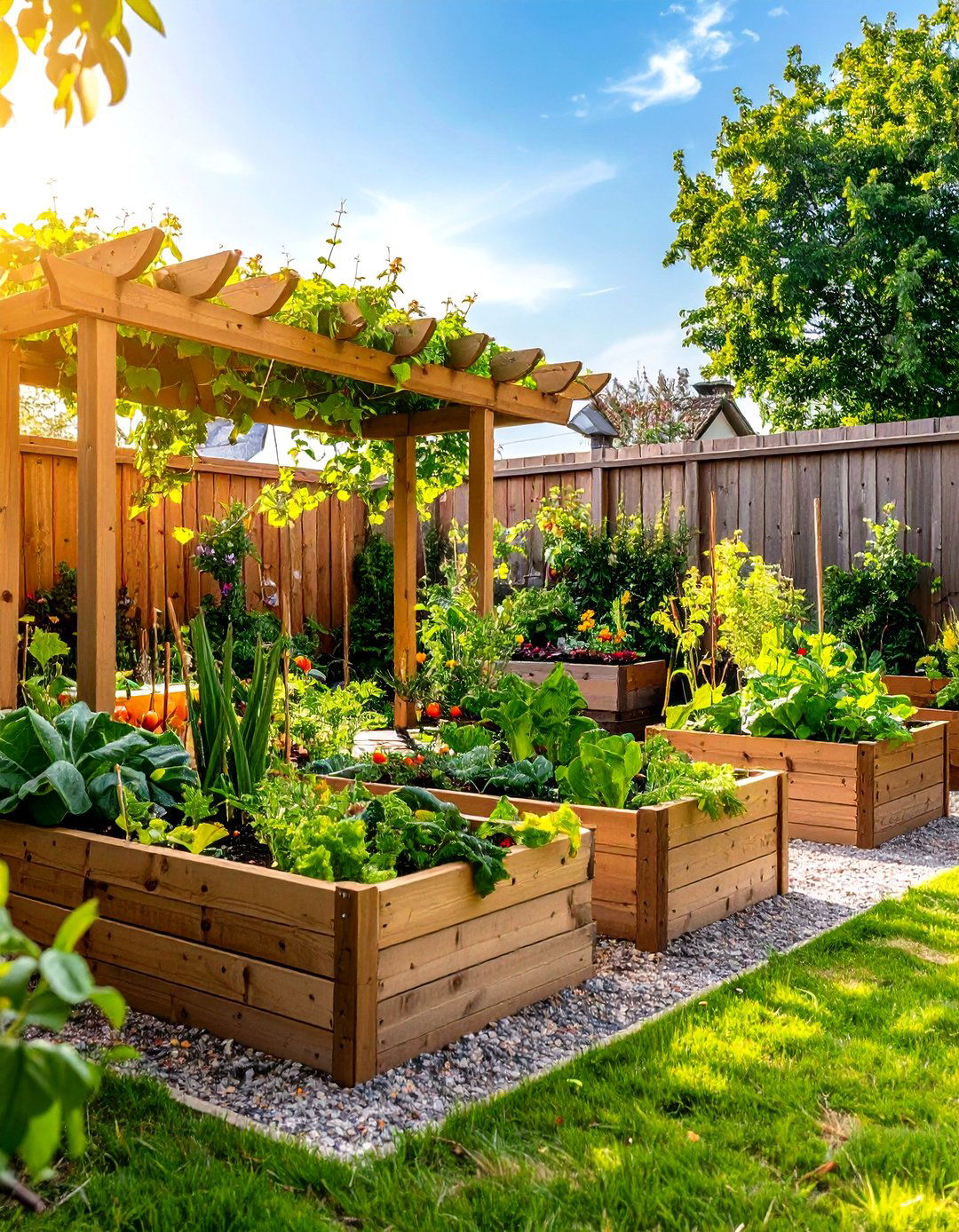
Why choose between beautiful flowers and fresh produce when small spaces can accommodate both seamlessly? Modern edible landscapes integrate herbs, vegetables, and fruits into sophisticated designs that feed both body and soul. Raised beds of varying heights create tiered growing systems that maximize production while providing easy access for harvesting. Trellises support climbing beans, cucumbers, and tomatoes while adding vertical interest and natural screening. Edible flowers like nasturtiums and calendulas provide color alongside leafy greens and herbs. Strategic companion planting creates natural pest control while succession planting ensures continuous harvests throughout the growing season. This functional beauty transforms necessity into artistry.
6. Succulent Rock Garden Display

Do drought-tolerant plants limit design possibilities, or do they open new creative opportunities for water-wise gardening? Contemporary succulent gardens combine architectural plants with modern hardscaping to create striking low-maintenance landscapes perfect for small spaces. Decomposed granite pathways wind between carefully arranged boulders and sculptural agaves, creating desert-inspired oases that thrive in challenging conditions. Colorful echeveria rosettes and trailing sedums soften hard edges while providing year-round interest through varied textures and forms. Raised beds with excellent drainage showcase prize specimens while integrated lighting illuminates dramatic shadows after dark. These water-wise designs prove that sustainability and beauty are completely compatible.
7. Multi-Level Deck Garden
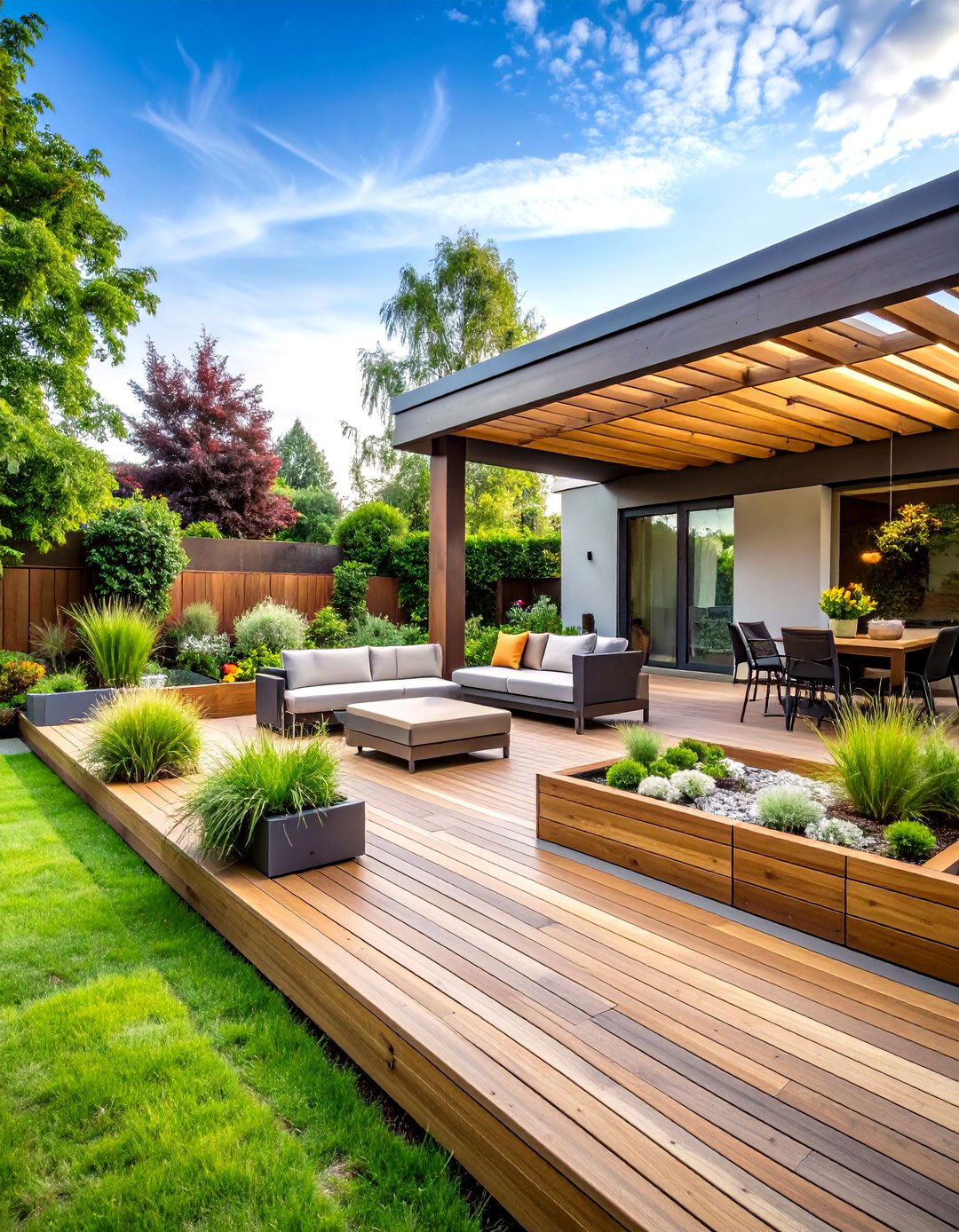
What transforms ordinary decking into extraordinary outdoor living spaces that feel like natural extensions of indoor rooms? Modern multi-level deck designs create distinct zones for entertaining, dining, and gardening within compact footprints. Built-in planters line perimeters with architectural grasses and structural plants that provide privacy without overwhelming intimate spaces. Different deck levels define functional areas while steps double as seating and display surfaces for container gardens. Pergola structures overhead support climbing plants and integrated lighting while providing comfortable shade. The combination of natural wood tones, metal railings, and lush plantings creates sophisticated outdoor rooms that maximize every square foot.
8. Gravel Garden Mediterranean Oasis
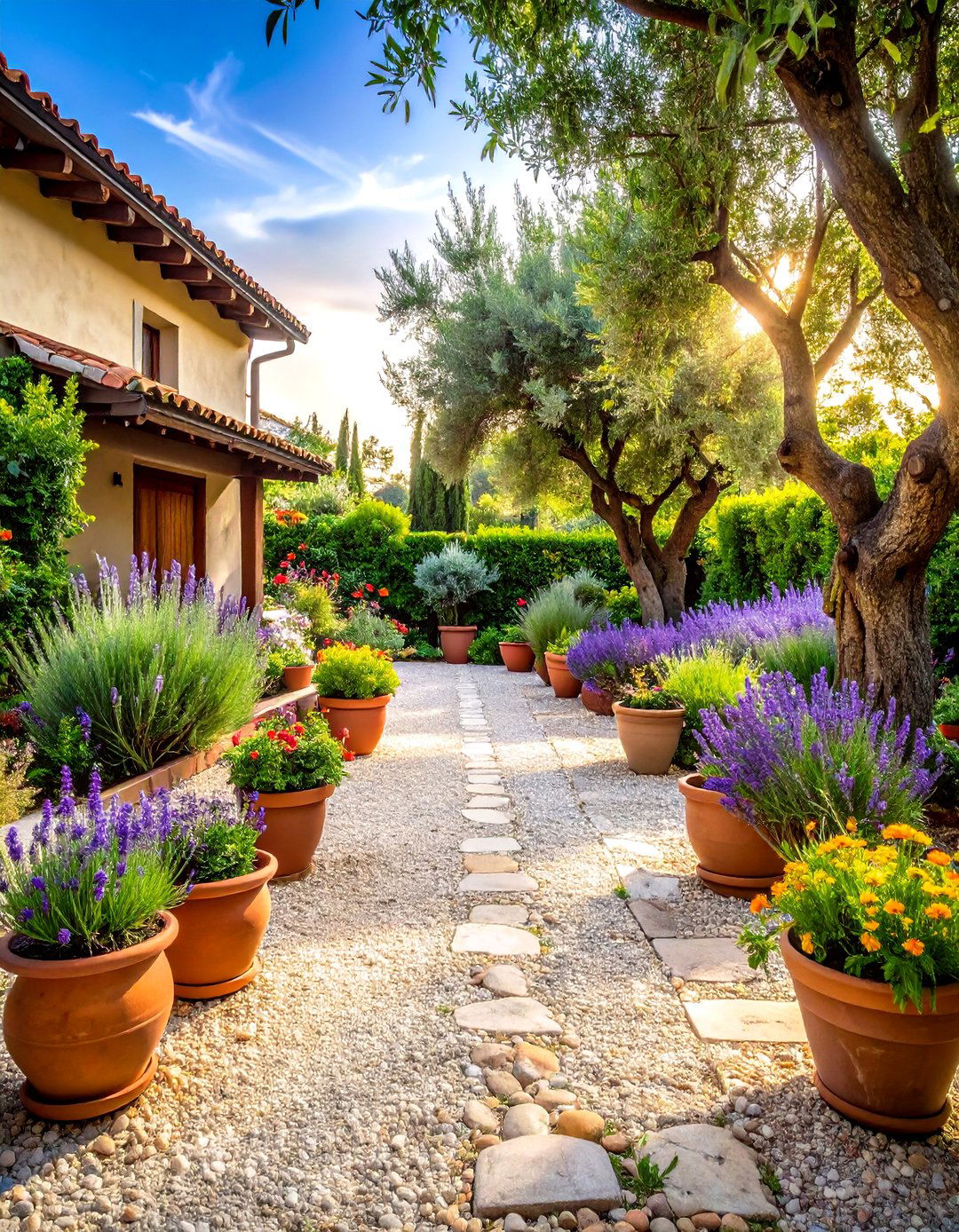
How do Mediterranean design principles adapt to small northern gardens while maintaining authentic charm and practicality? Gravel gardens recreate sun-drenched terrains using drought-tolerant perennials, ornamental grasses, and architectural shrubs that thrive in well-drained conditions. Crushed stone or decorative gravel serves as mulch and pathways, reducing maintenance while providing clean contemporary aesthetics. Olive trees, lavender, and rosemary create aromatic focal points while requiring minimal water once established. Terra cotta containers add warm color accents and mobility for tender plants that need winter protection. This approach brings vacation-worthy ambiance to everyday spaces while promoting sustainable gardening practices.
9. Urban Rooftop Sanctuary

What design strategies overcome challenging rooftop conditions to create thriving garden retreats high above city streets? Modern rooftop gardens address wind exposure, weight limitations, and extreme temperatures through careful plant selection and innovative growing systems. Lightweight raised beds and containers enable gardening without structural modifications while windbreaks using trellis panels and sturdy shrubs create protected microclimates. Drought-tolerant perennials and ornamental grasses withstand harsh conditions while providing movement and seasonal interest. Built-in seating incorporates storage for garden tools and supplies while views become living artwork. These elevated sanctuaries prove that urban gardening limitations inspire rather than inhibit creative solutions.
10. Water Feature Focal Point Garden

Does the sound of water really transform small garden spaces, and how can modern water features integrate seamlessly with contemporary design? Contemporary water elements from sleek fountains to reflecting pools become central organizing features that elevate ordinary spaces into extraordinary retreats. Modern materials like stainless steel, concrete, and natural stone create sophisticated water displays that complement architectural lines while providing soothing sounds that mask urban noise. Surrounding plantings of ferns, grasses, and moisture-loving perennials create lush backdrops that emphasize the water's reflective qualities. LED lighting extends the feature's impact into evening hours while recirculating pumps ensure eco-friendly operation.
11. Formal Herb Spiral Design
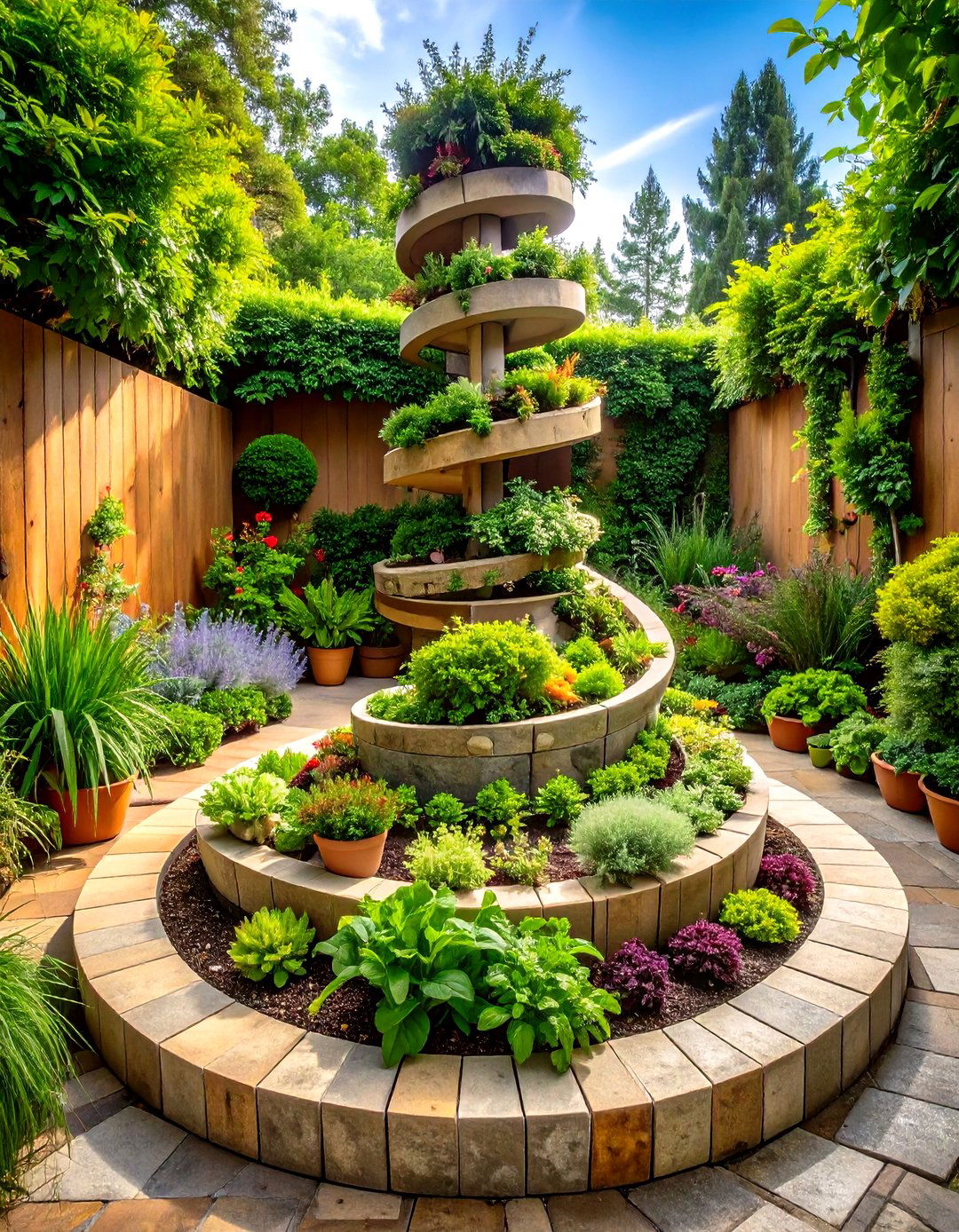
Can traditional herb spiral concepts evolve into sleek modern features that maximize growing space while creating sculptural garden art? Contemporary herb spirals utilize geometric forms and modern materials to create three-dimensional growing systems within minimal footprints. Stone, concrete, or metal construction provides structure while creating varied microclimates from Mediterranean herbs at the sunny top to moisture-loving varieties at the cooler base. This vertical growing system accommodates dozens of culinary herbs in spaces no larger than traditional raised beds while providing easy access for harvesting. The spiral form creates natural pathways and viewing angles that showcase plants as living sculptures while ensuring practical functionality for daily cooking needs.
12. Naturalistic Prairie Planting

How do wild meadow aesthetics translate into sophisticated small garden designs that require minimal maintenance while supporting wildlife? Modern prairie plantings combine ornamental grasses with native wildflowers to create naturalistic landscapes that change dramatically with seasons. Careful plant selection ensures continuous blooms from spring through fall while providing winter interest through persistent seed heads and grass textures. These plantings support beneficial insects and birds while requiring less water and fertilizer than traditional perennial borders. The seemingly wild appearance actually results from thoughtful design that creates flowing compositions of color, texture, and movement that make small spaces feel connected to larger natural landscapes.
13. Geometric Paved Garden Rooms
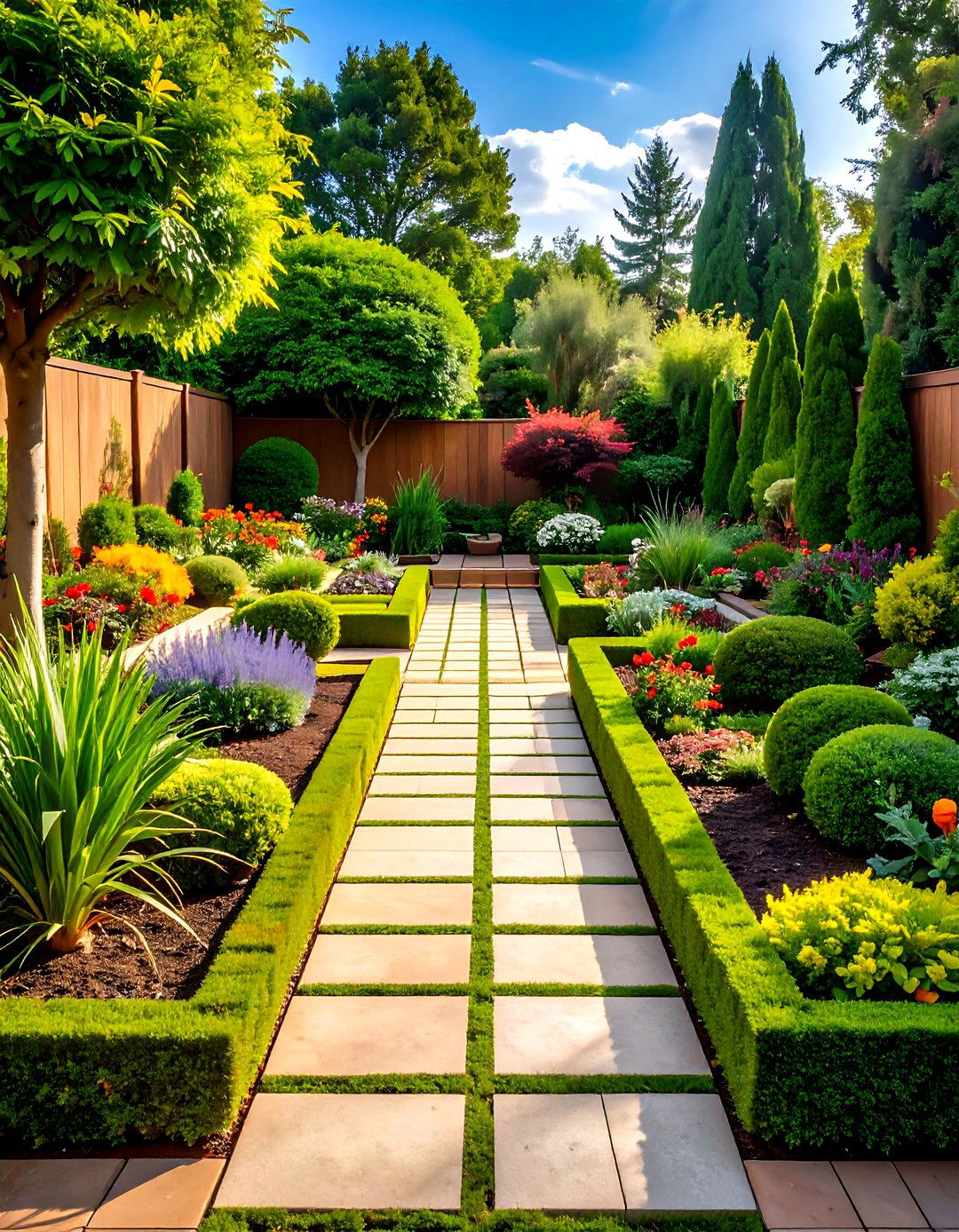
What makes geometric hardscaping so effective at creating the illusion of larger spaces within compact garden footprints? Modern geometric designs use contrasting materials, colors, and textures to create visual patterns that organize small spaces into distinct functional areas. Square pavers alternate with planted strips or gravel bands to create rhythm and movement while raised planters define boundaries between zones. This structured approach accommodates various activities from dining to relaxation while maintaining clean contemporary aesthetics. The repetition of geometric forms creates visual continuity that unifies disparate elements while strategic plant placement softens hard edges and adds seasonal interest.
14. Sculptural Topiary Statement Garden

Do carefully pruned plants belong in contemporary gardens, or are they outdated remnants of formal gardening traditions? Modern topiary embraces both traditional techniques and contemporary forms to create living sculptures that provide year-round structure and sophistication. Boxwood spheres, cubes, and spirals create focal points that anchor garden compositions while requiring minimal space. These evergreen sculptures provide consistency while seasonal plantings change around them, creating dynamic relationships between permanent and temporary elements. Container-grown topiaries offer mobility and protection from harsh weather while formal hedge elements define boundaries and create privacy screens. This approach brings architectural elements directly into the garden.
15. Night Garden Lighting Display

Why should garden enjoyment end when the sun sets, and how can strategic lighting transform small spaces into evening entertainment venues? Contemporary lighting design extends garden use into nighttime hours while creating dramatic effects that completely transform daytime appearances. LED strip lights outline raised beds and seating areas while spotlights highlight specimen plants and architectural features. Path lighting ensures safety while creating welcoming routes through garden spaces. Color-changing options allow mood adjustments for different occasions while energy-efficient technology minimizes environmental impact. The interplay of light and shadow creates depth and mystery in compact spaces while making them feel larger and more sophisticated after dark.
16. Living Privacy Screen Wall
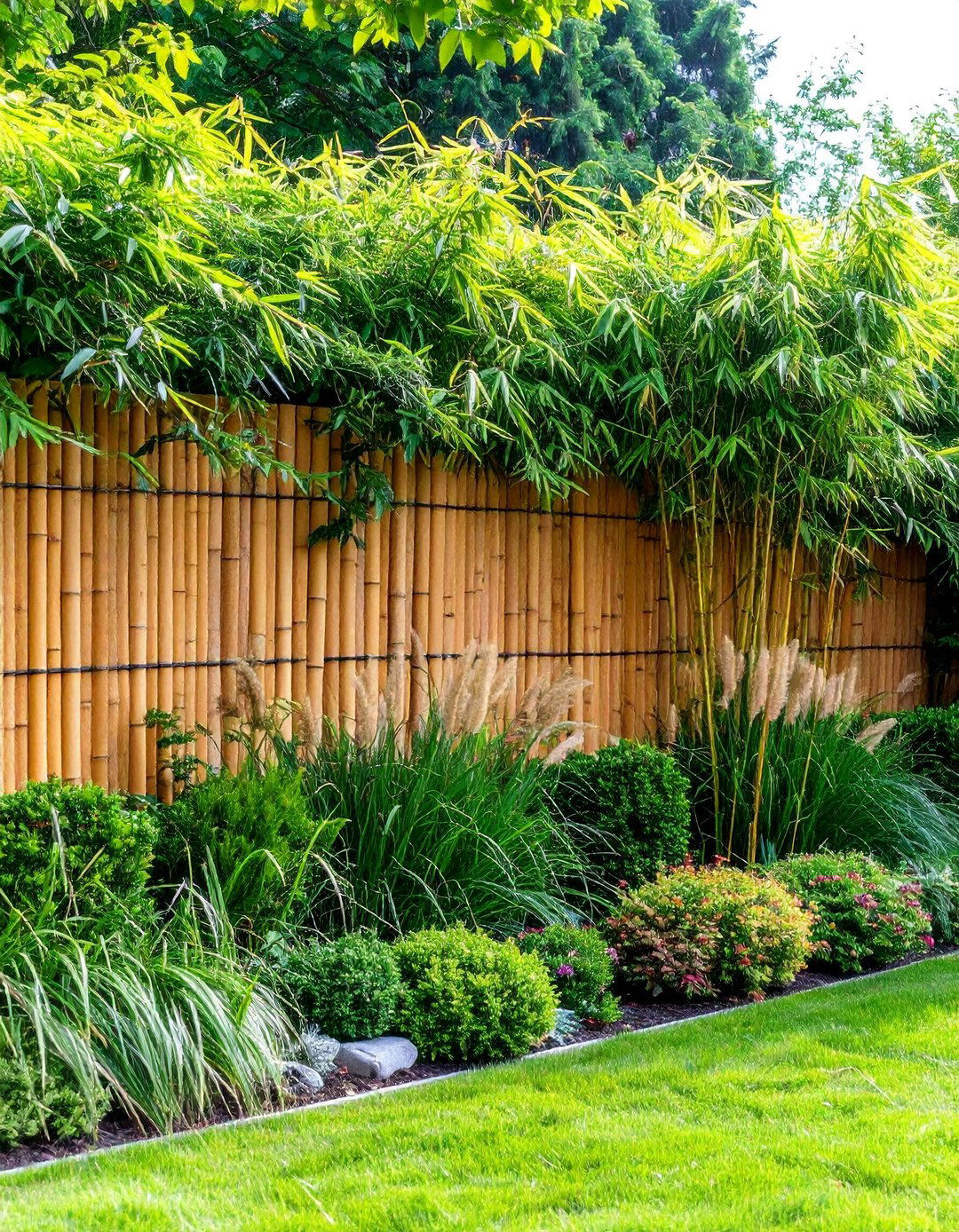
Can privacy solutions serve multiple functions beyond simply blocking unwanted views in small garden spaces? Modern living screens combine fast-growing plants with contemporary support structures to create beautiful boundaries that filter wind, reduce noise, and provide habitat for beneficial wildlife. Bamboo varieties, ornamental grasses, and evergreen shrubs create natural walls that change with seasons while maintaining year-round coverage. These plantings soften harsh architectural lines while providing backdrops for colorful foreground plantings. Integrated trellises support climbing vines that add layers of texture and seasonal interest while built-in irrigation ensures consistent establishment and growth.
17. Modern Greenhouse Integration

How can protected growing spaces integrate seamlessly with contemporary garden designs rather than appearing as utilitarian afterthoughts? Modern greenhouse structures utilize clean lines, quality materials, and thoughtful placement to become architectural features that enhance rather than detract from garden aesthetics. Aluminum frames with clear panels provide maximum light while maintaining sleek appearances that complement contemporary home architecture. Strategic placement creates focal points while providing practical benefits like season extension and protected propagation areas. Surrounding plantings of architectural species create unified compositions while internal growing systems maximize space efficiency for year-round food production and plant cultivation.
18. Container Water Garden Feature
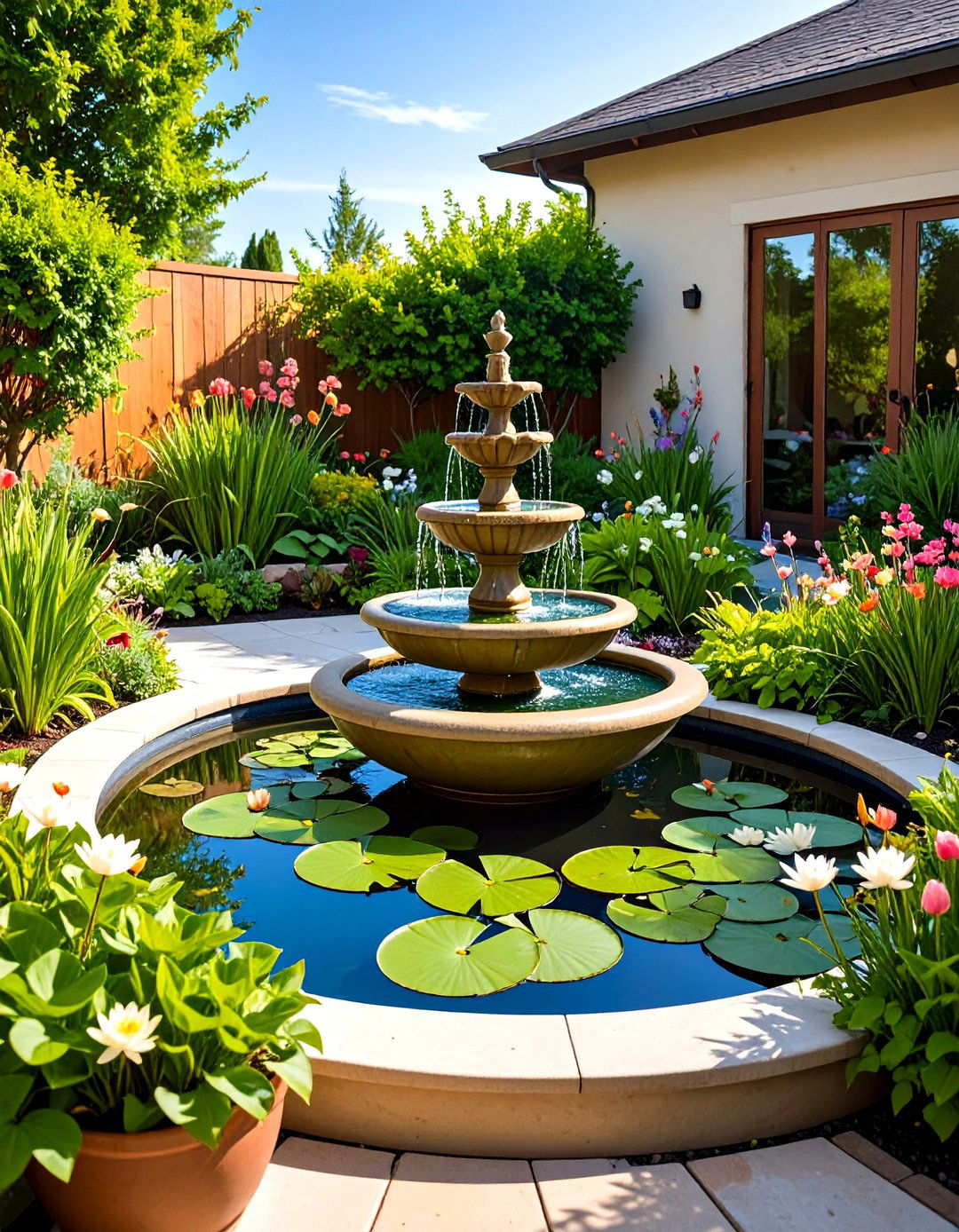
What transforms ordinary container gardening into sophisticated water garden displays that provide tranquility and wildlife habitat in minimal space? Large ceramic or metal containers become miniature aquatic ecosystems when properly equipped with pumps, filters, and appropriate plantings. Water lilies, lotus, and marginal plants create layered compositions while small fountains provide movement and sound. These self-contained features require no permanent installation while providing flexibility for seasonal adjustments and winter protection. Fish can be added for additional interest and natural mosquito control while surrounding container plantings create unified compositions that emphasize the water feature as the central organizing element.
19. Seasonal Color Rotation System
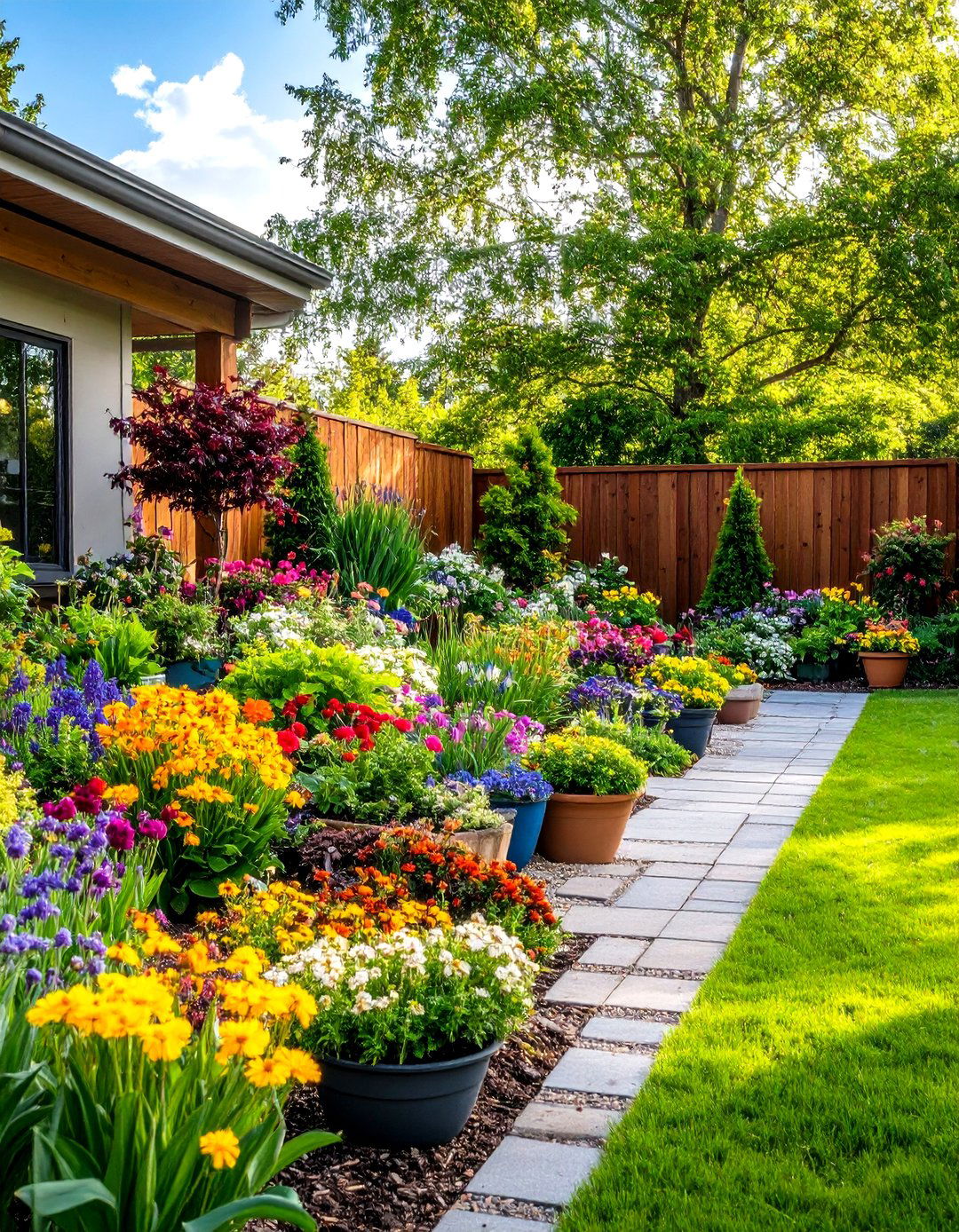
Do small gardens require permanent plantings, or can strategic rotation systems provide constant color and interest throughout the growing season? Modern seasonal displays utilize container systems and strategic planting schedules to ensure continuous color and visual impact. Spring bulbs give way to summer annuals which transition to fall mums and winter evergreen arrangements. This approach maximizes color impact while accommodating changing preferences and seasonal availability. Storage areas for off-season containers maintain clean aesthetics while organized rotation schedules ensure timely transitions. This system provides the excitement of constantly changing displays while working within the practical limitations of small spaces.
20. Vertical Trellis Vegetable Wall

Why grow vegetables horizontally when vertical systems can triple production within the same footprint while creating living walls of edible beauty? Modern trellis systems support climbing vegetables like beans, peas, cucumbers, and squash while creating green privacy screens and productive garden walls. Sturdy frameworks of metal or wood provide long-term support while modular components allow seasonal adjustments and easy plant access. Strategic placement maximizes sun exposure while integrated drip irrigation ensures consistent moisture for optimal production. These vertical growing systems transform boring fence lines into productive and beautiful garden features while demonstrating that food production and aesthetic appeal are completely compatible.
21. Contemporary Rock Garden Alpine Display
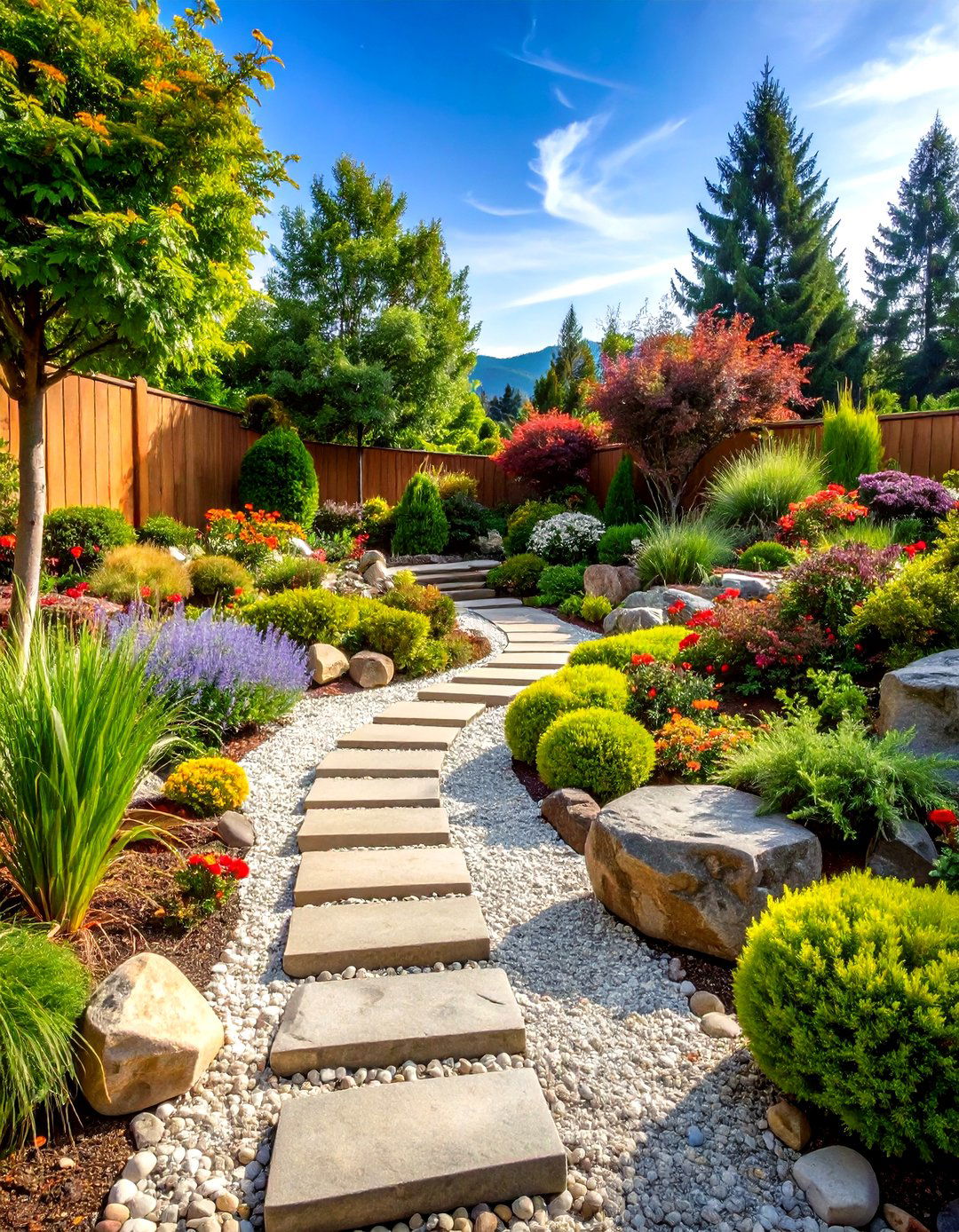
How do alpine garden principles adapt to modern design sensibilities while accommodating low-maintenance plant preferences in small spaces? Contemporary rock gardens combine carefully selected stones with drought-tolerant perennials to create sophisticated landscapes that provide year-round interest. Native stone arranged in naturalistic patterns creates dramatic backdrop for compact plants that thrive in well-drained conditions. Gravel mulch reduces maintenance while highlighting plant forms and textures. These gardens excel in challenging locations like slopes or areas with poor soil while providing habitat for beneficial insects. The combination of permanent stone features and seasonal plant interest creates lasting beauty that requires minimal intervention once established.
22. Multi-Season Architectural Planting

What plant combinations provide interest throughout all four seasons while maintaining sophisticated contemporary aesthetics in limited garden space? Modern plantings emphasize structure, texture, and form over fleeting color to create gardens that remain beautiful year-round. Ornamental grasses provide movement and winter interest while evergreen shrubs maintain structure during dormant months. Carefully selected perennials offer seasonal highlights while architectural specimens like ornamental trees create focal points that anchor compositions. This approach reduces maintenance requirements while ensuring consistent beauty regardless of season. The emphasis on plant form and texture creates sophisticated compositions that complement contemporary architecture while providing ecological benefits.
23. Compact Outdoor Kitchen Garden

Can small spaces accommodate both entertaining and food production without compromising either function or aesthetic appeal? Modern outdoor kitchen gardens integrate food production with entertaining spaces through careful design and plant selection. Raised beds containing herbs and vegetables create natural boundaries while providing fresh ingredients within arm's reach of outdoor cooking areas. Vertical growing systems maximize production while creating green walls that define spaces and provide privacy. Built-in storage accommodates garden tools and entertaining supplies while seating incorporates planter elements that contribute to the overall design. This integration demonstrates that small spaces can successfully combine multiple functions through thoughtful planning.
24. Smart Technology Garden System
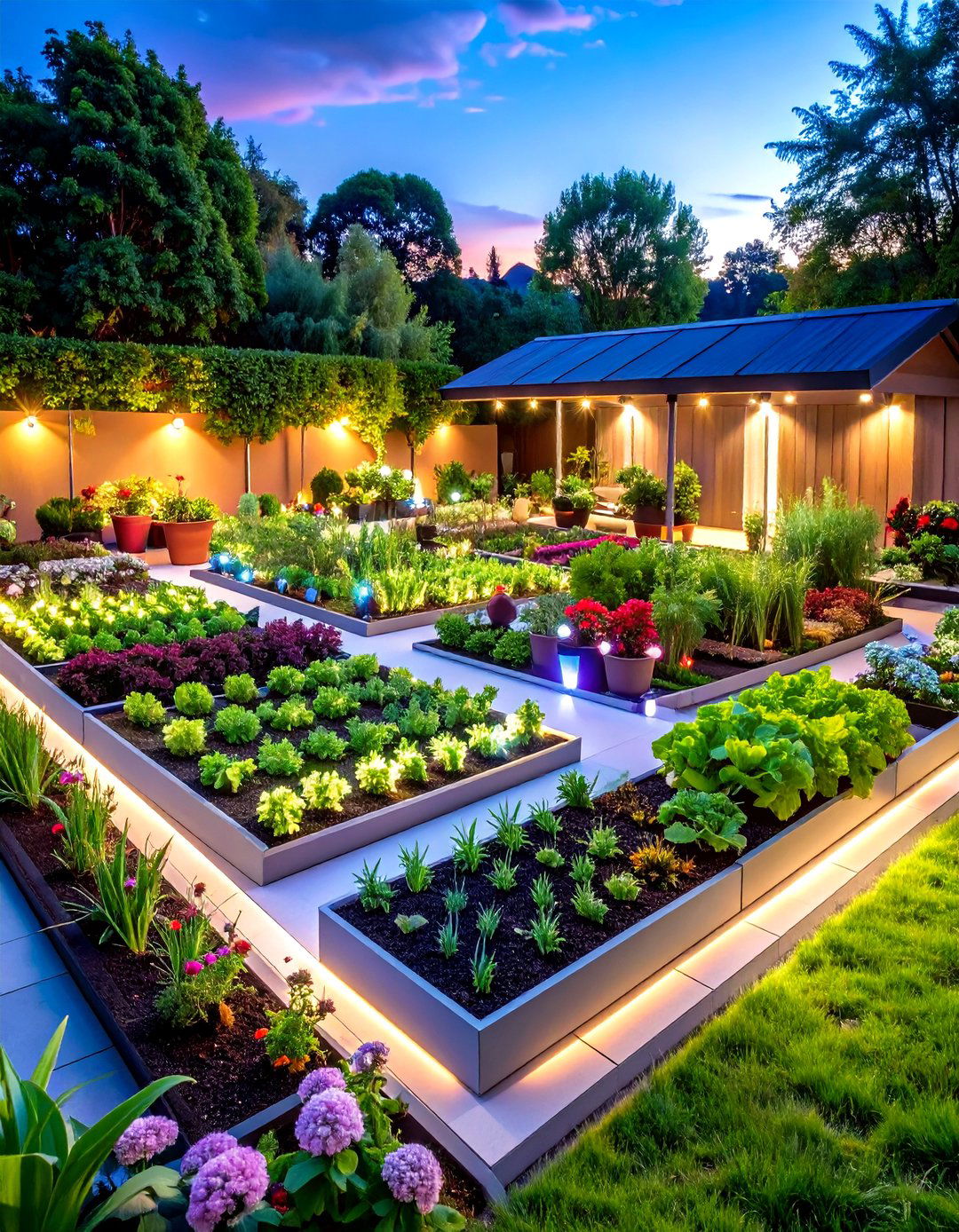
How does modern technology enhance small garden management while maintaining the natural beauty and tranquility that draws people to gardening? Contemporary smart gardens incorporate sensors, automated irrigation, and monitoring systems that optimize plant health while reducing maintenance requirements. Weather sensors adjust watering schedules while soil monitors ensure optimal growing conditions. LED grow lights extend seasons and enable growing in challenging locations while smartphone apps provide remote monitoring and control. These systems particularly benefit small space gardens where every plant matters and optimal growing conditions are essential. Technology becomes invisible when properly integrated, supporting natural beauty rather than overwhelming it.
Conclusion:
Modern small garden design proves that spatial limitations never restrict creative possibilities or environmental impact. These 24 contemporary approaches demonstrate how thoughtful planning, innovative materials, and strategic plant selection transform compact areas into sophisticated outdoor sanctuaries that rival much larger landscapes. From vertical growing systems that maximize production to water features that provide tranquility, each design concept addresses specific challenges while contributing to unified aesthetic visions that complement contemporary lifestyles. The key lies in understanding that modern gardens serve multiple functions simultaneously, providing beauty, food production, wildlife habitat, and personal retreat within minimal footprints. Whether embracing minimalist Japanese principles or bold architectural statements, successful small gardens prioritize quality over quantity while proving that sustainable design practices enhance rather than limit creative expression in outdoor living spaces.


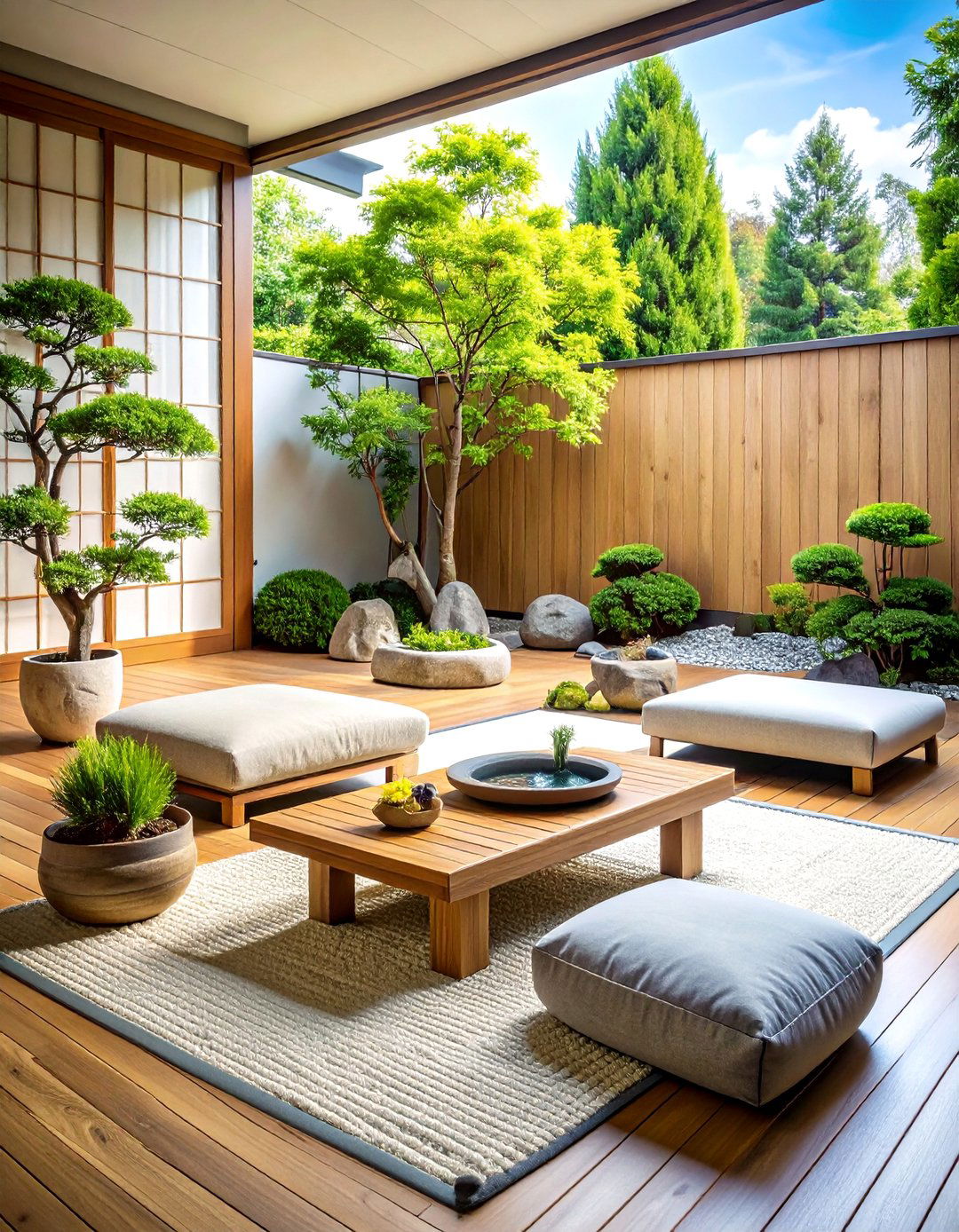

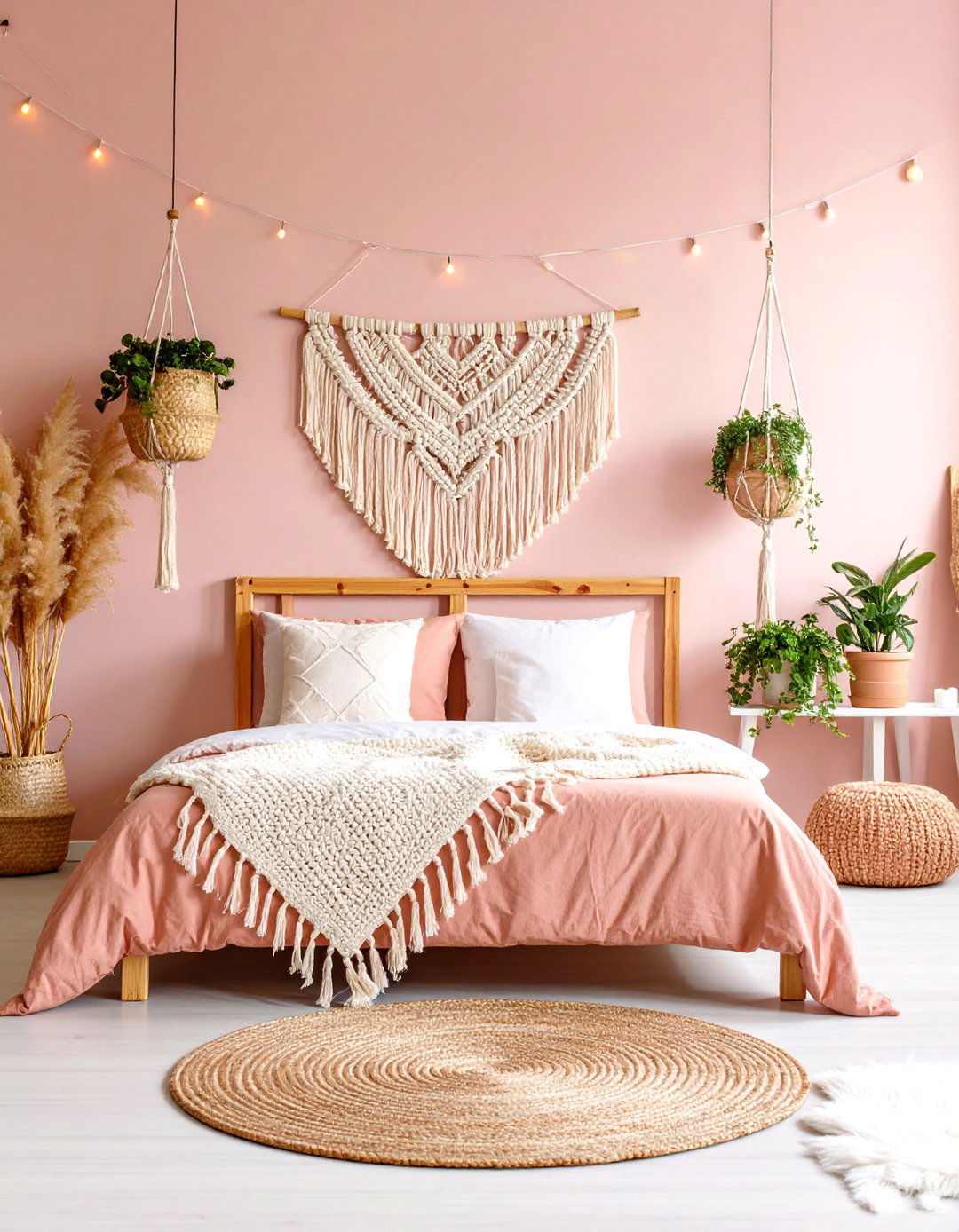
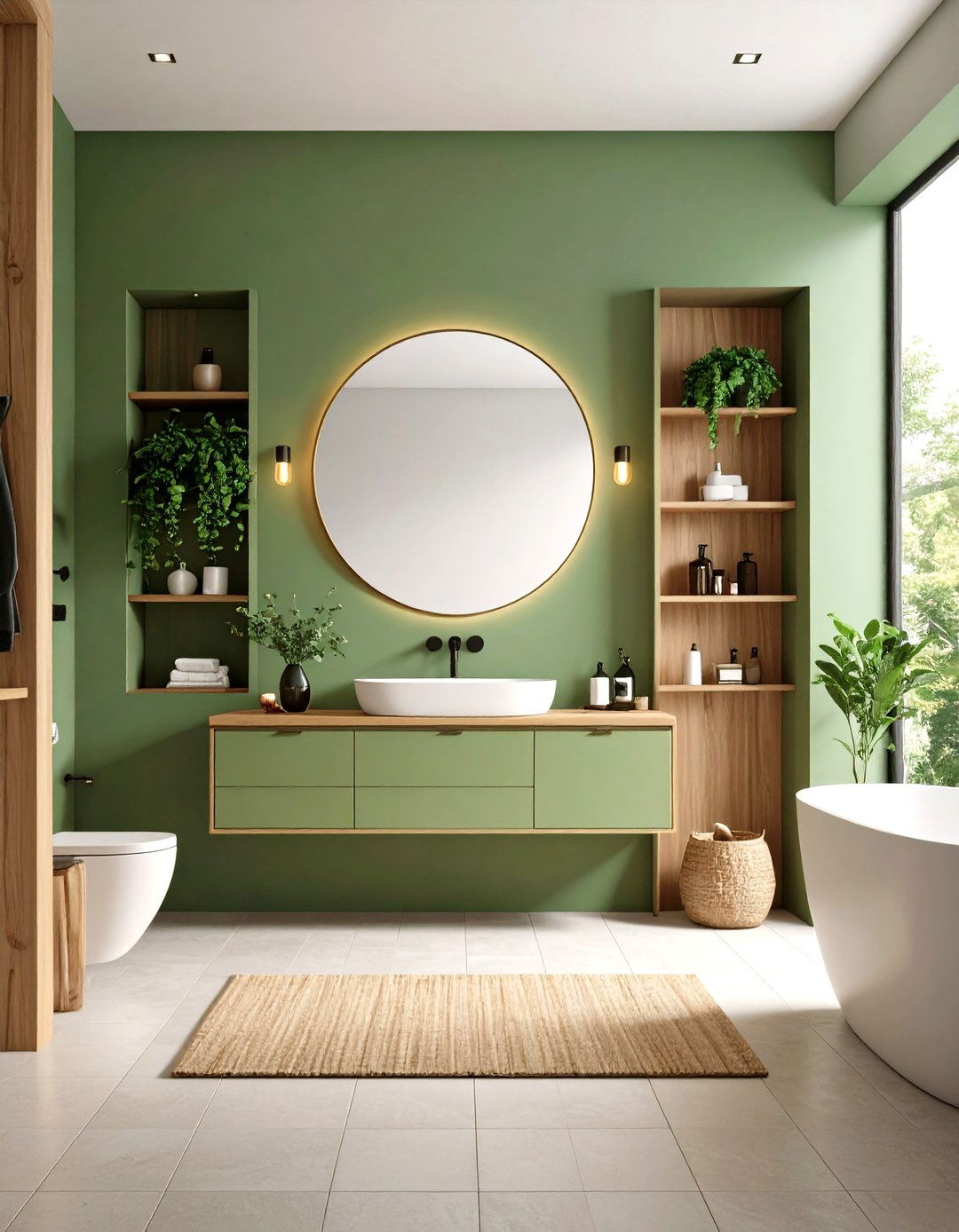

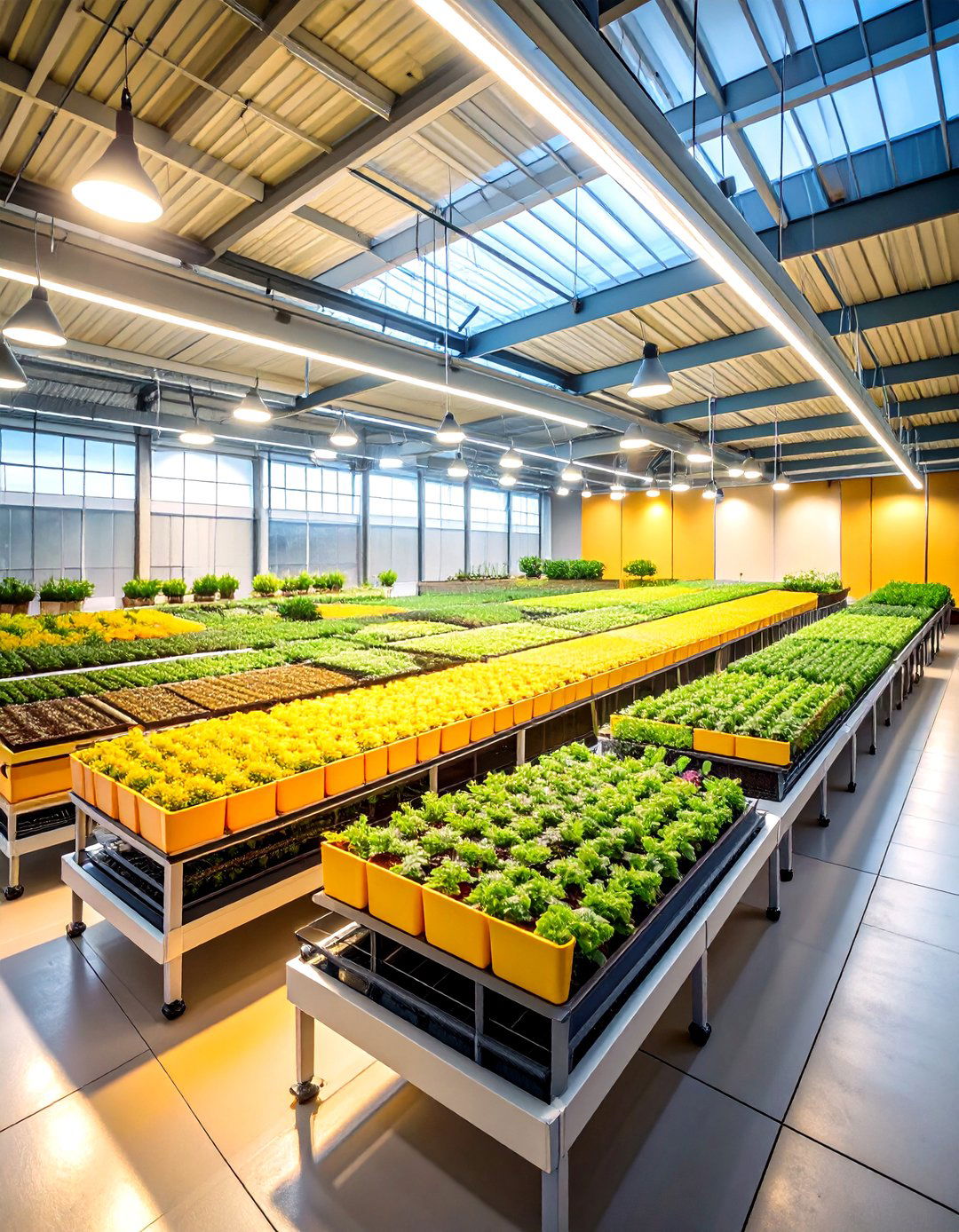
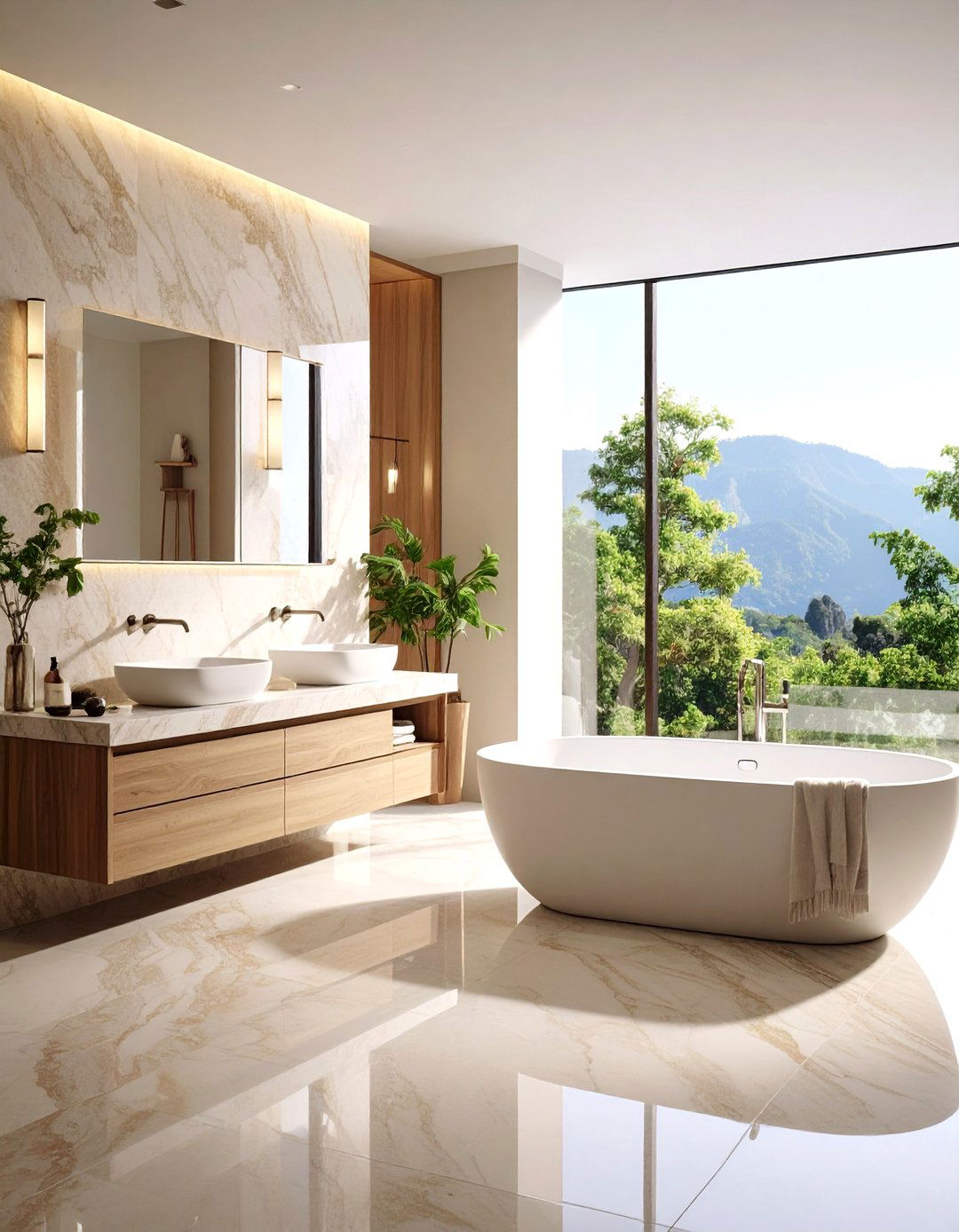
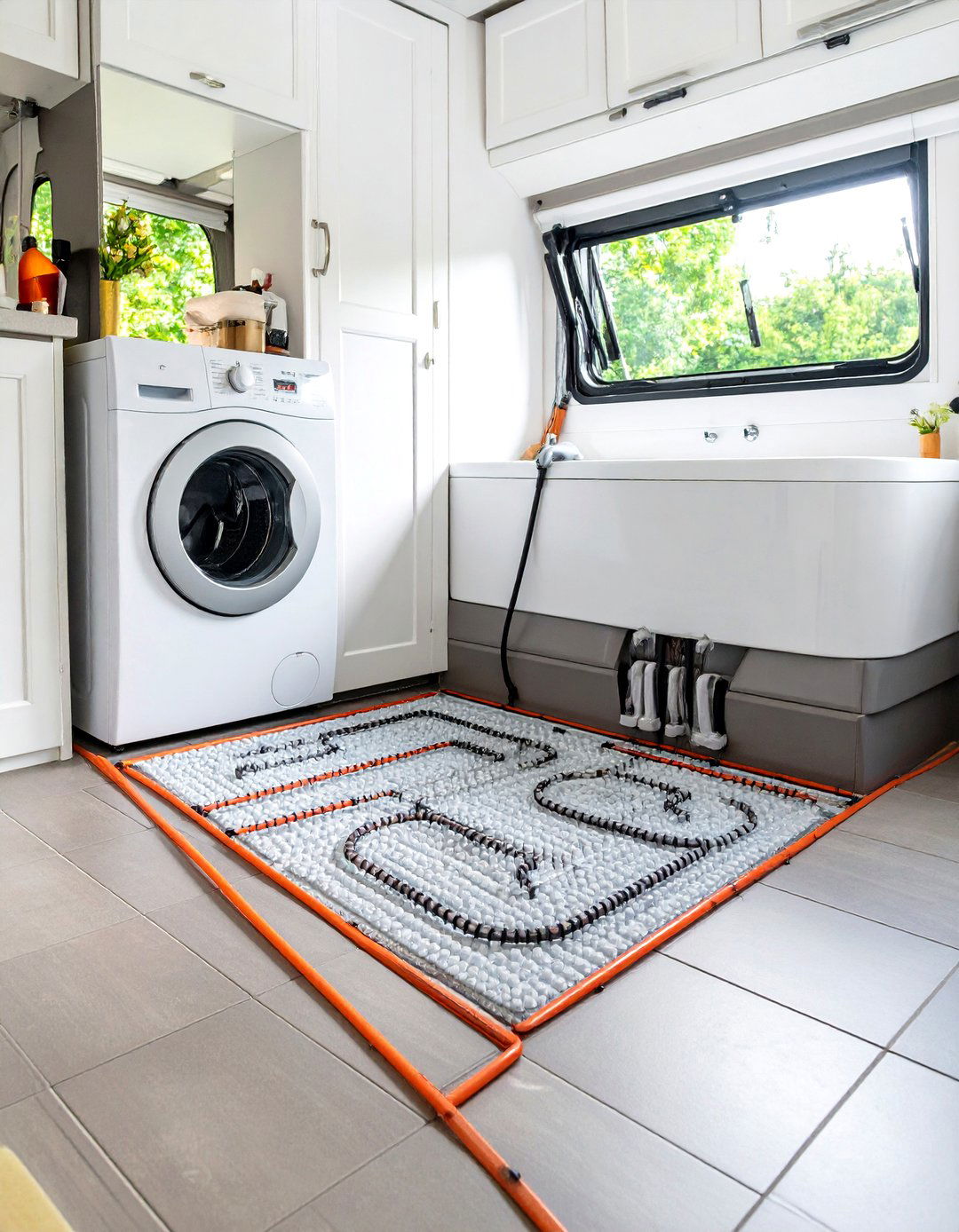
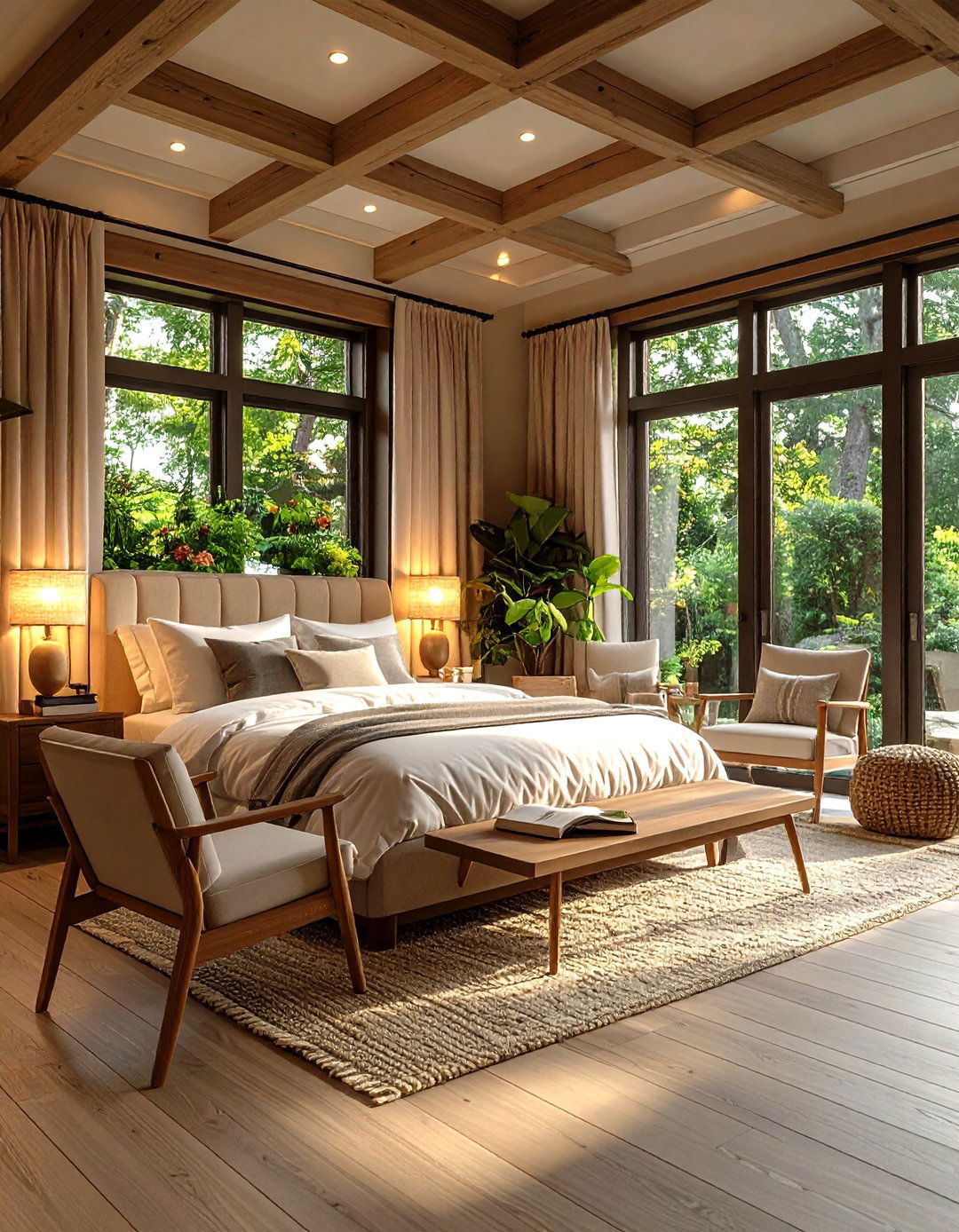
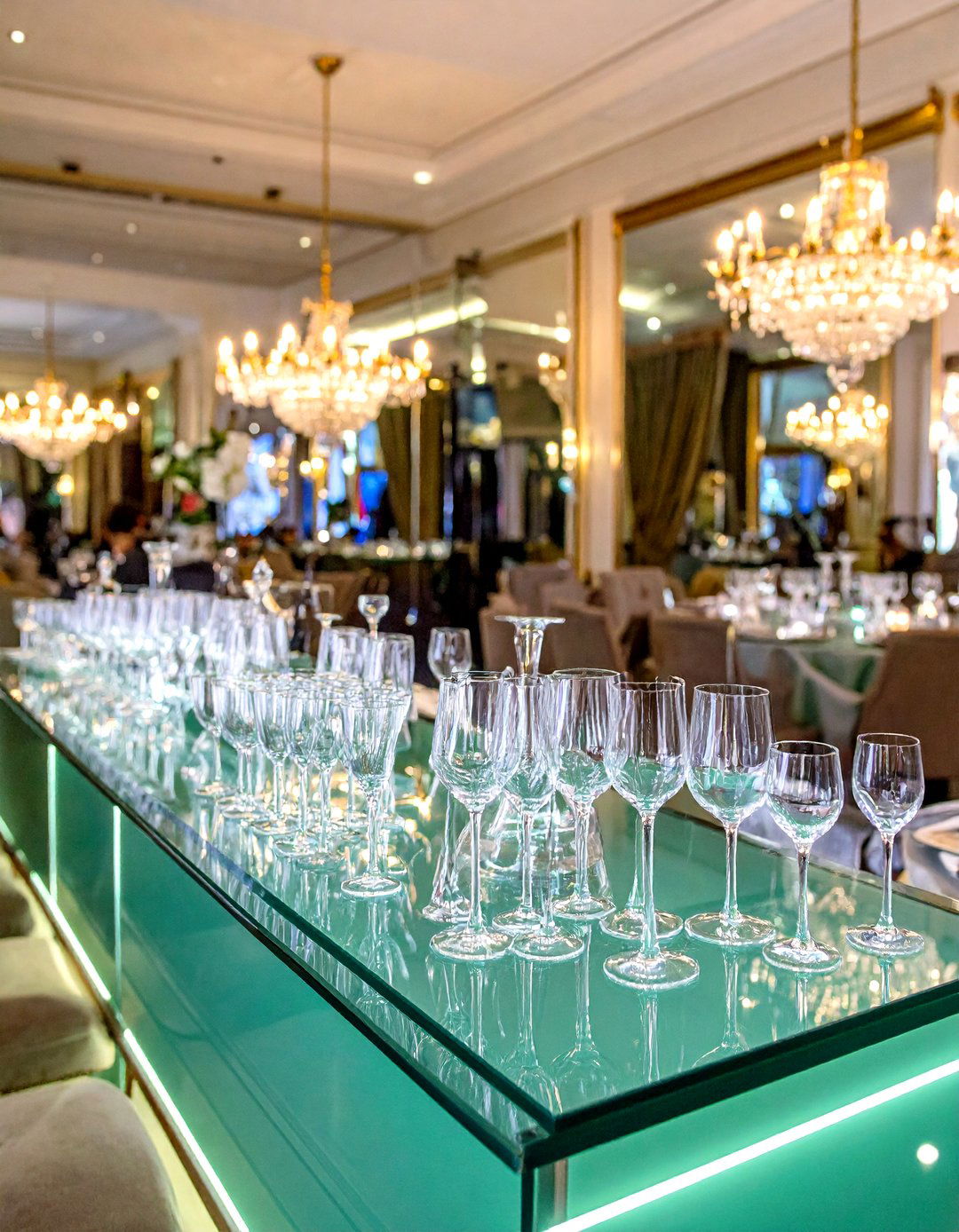
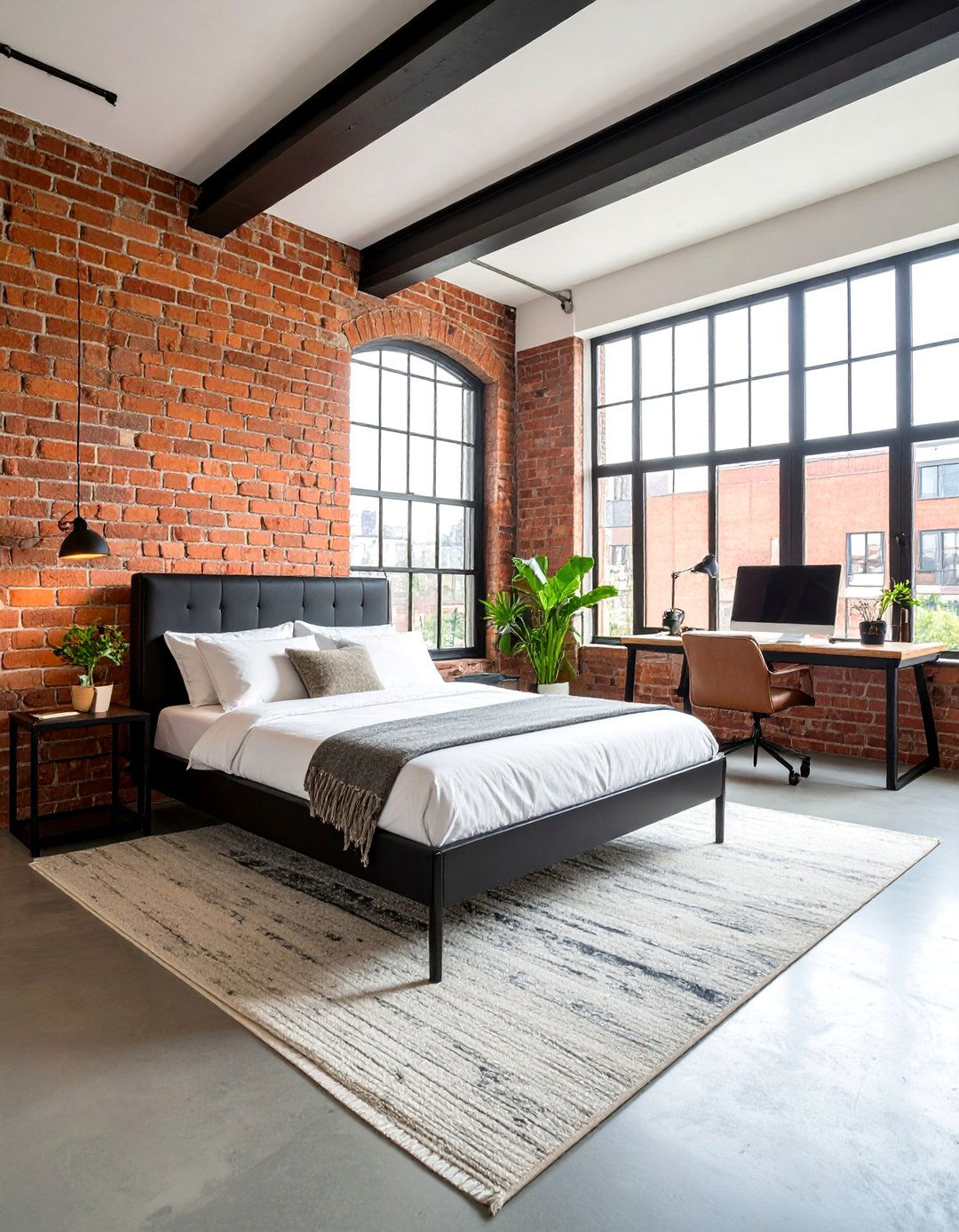
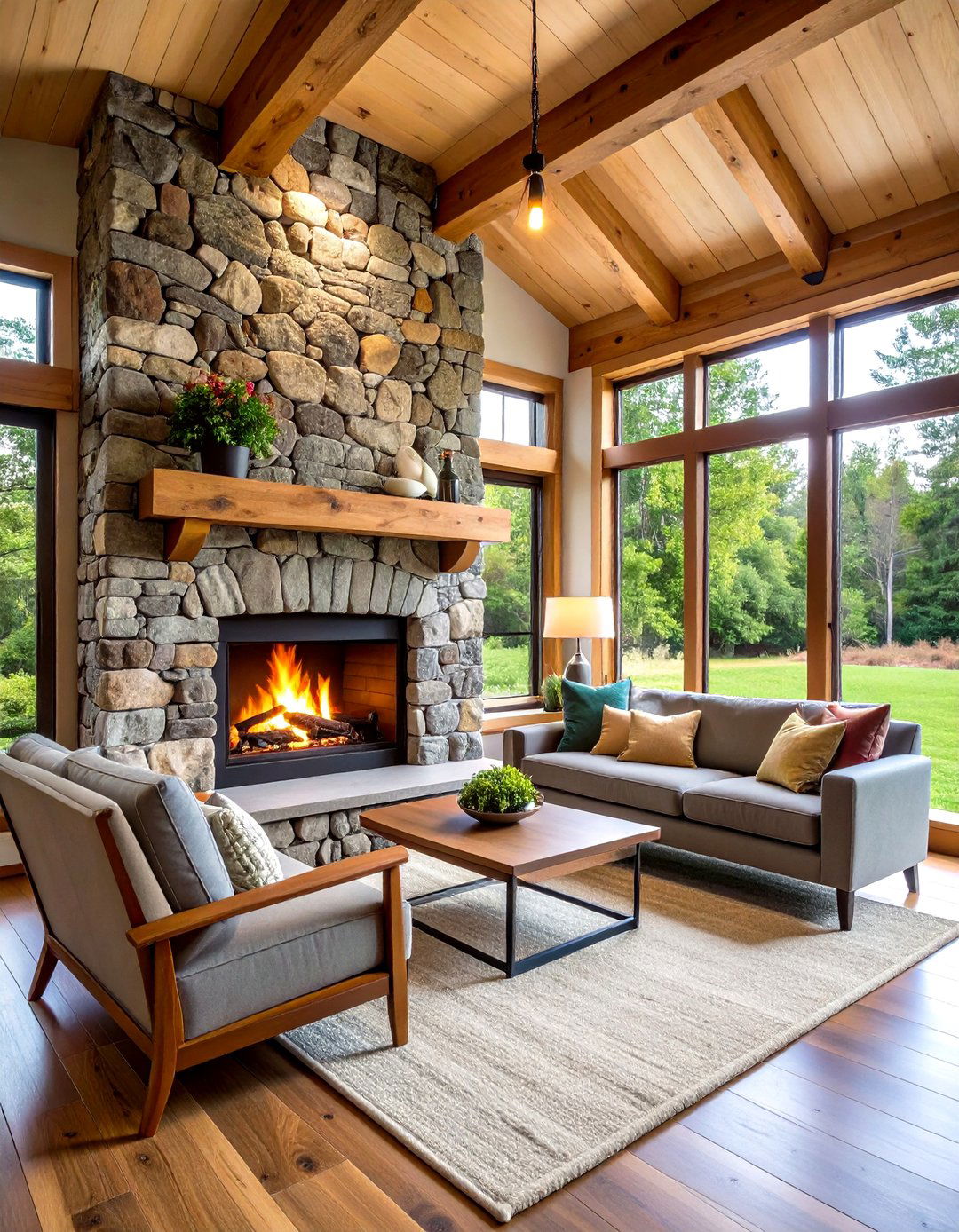
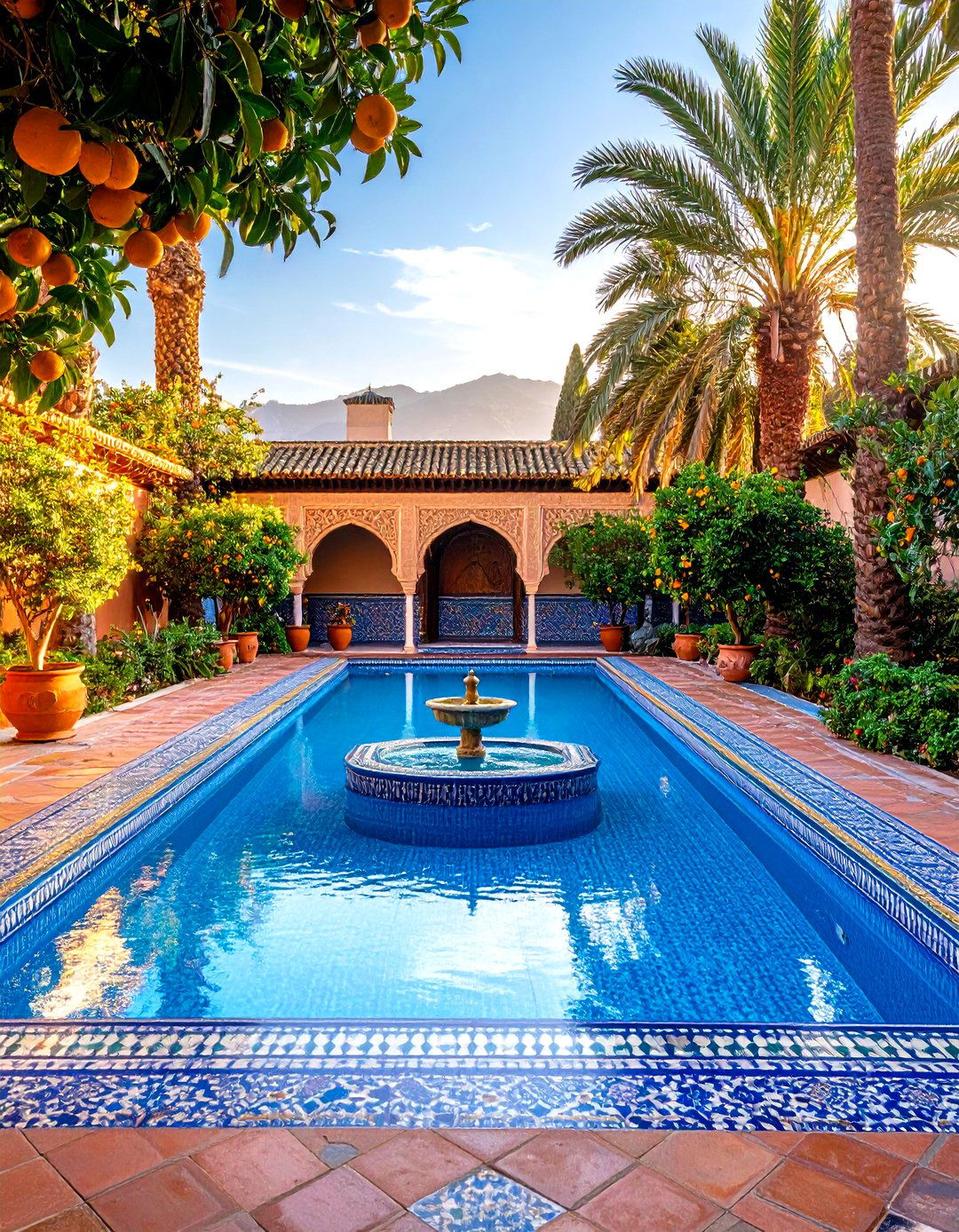
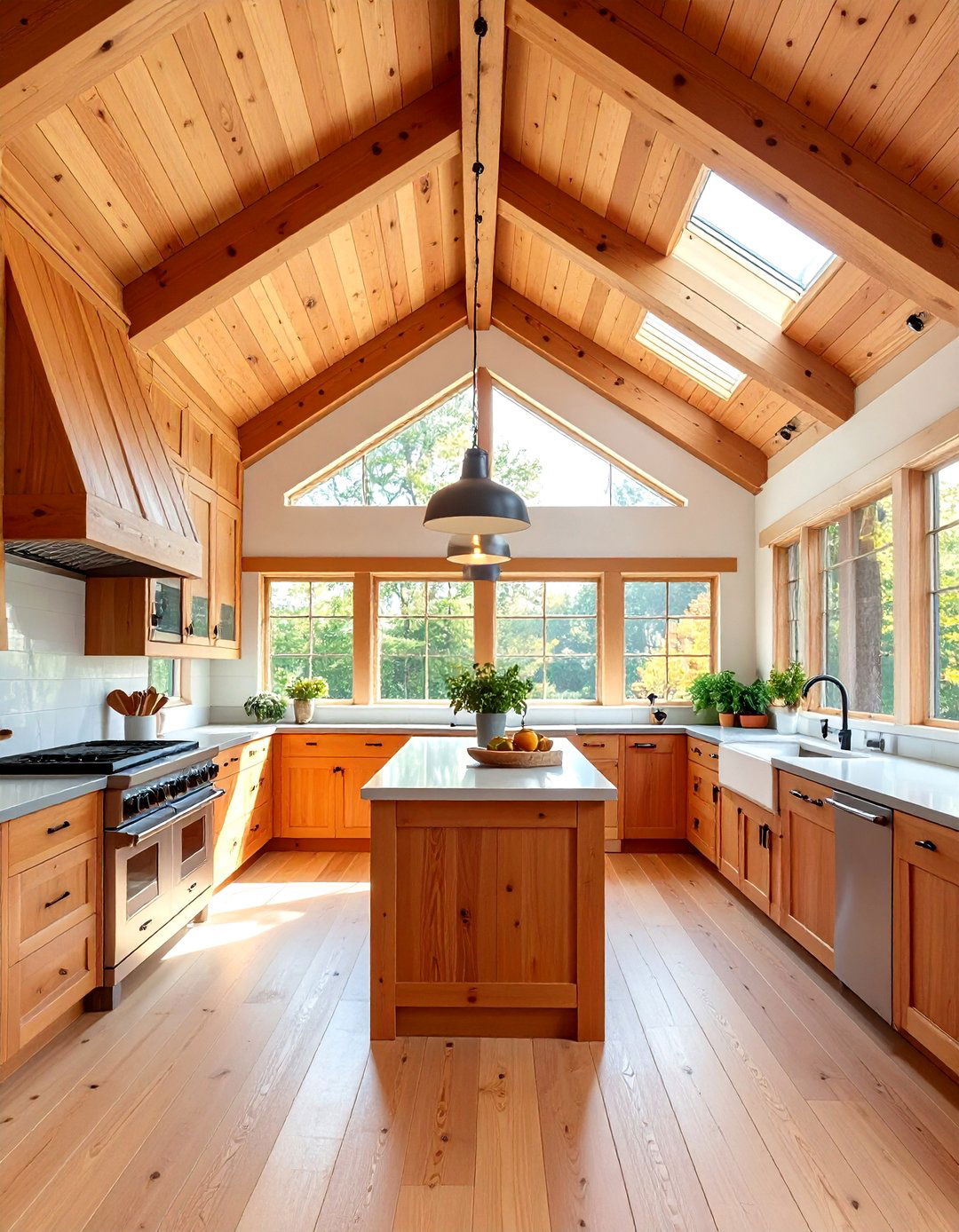


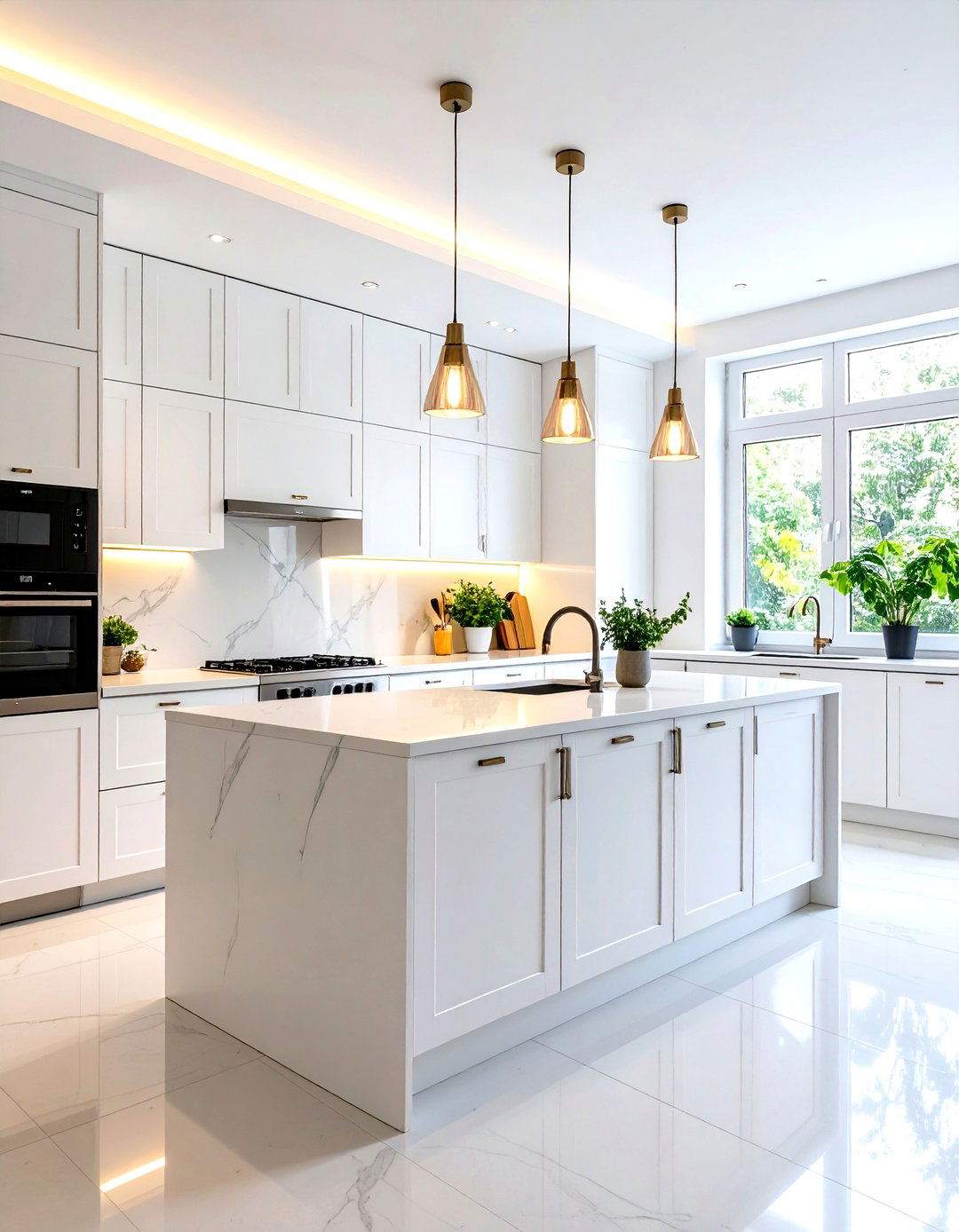
Leave a Reply